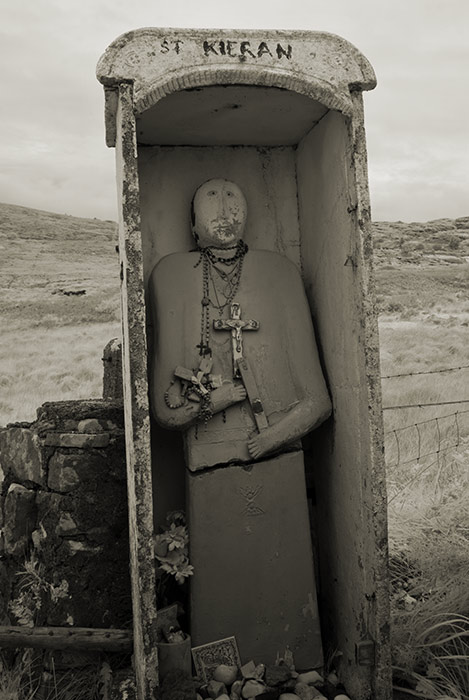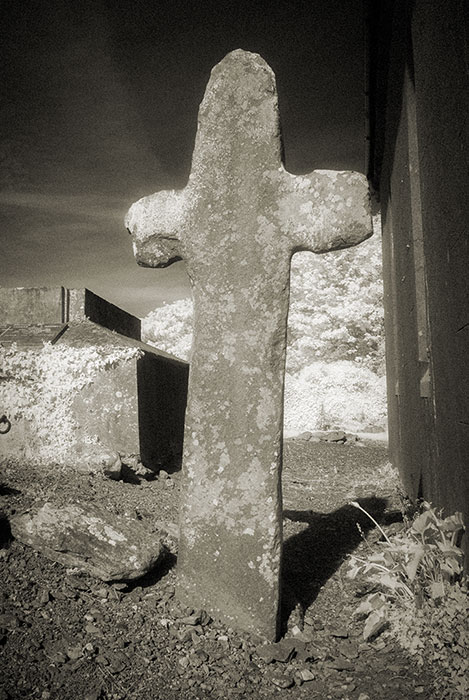
Killiney Stone Cross, Dingle Peninsula, Co Kerry, Ireland
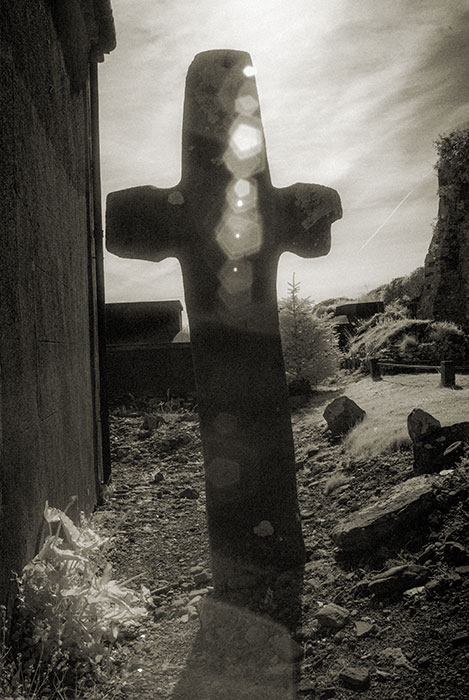
Crude High Cross just short of 3 meters high
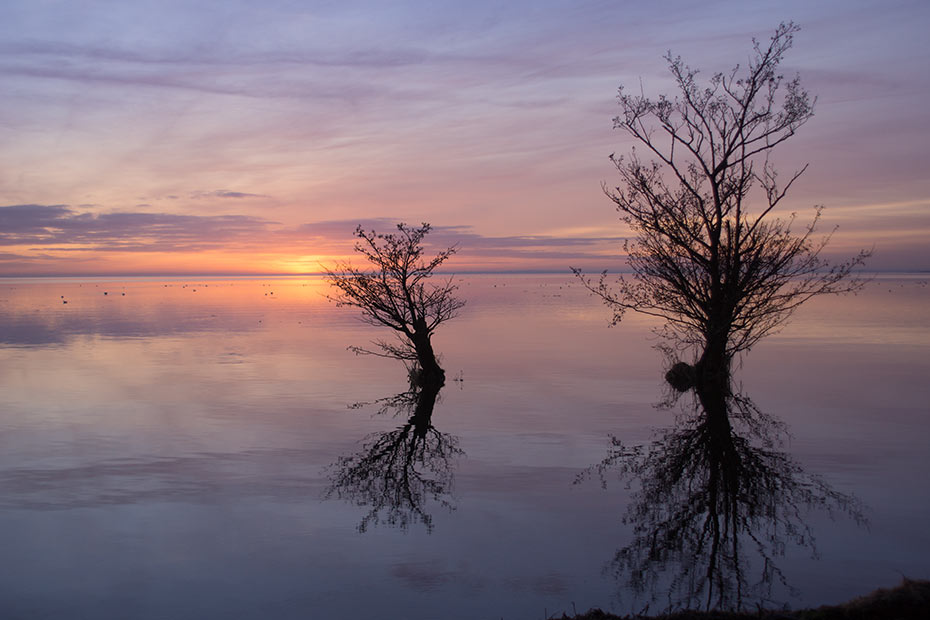
Underexposed – an Irish Photoblog
Early Christian and Medieval Ireland, a selection of Christian sites – High Crosses, Carved Stones, Round Towers, Ancient Abbeys, Friaries and Churches. Also Castles

Killiney Stone Cross, Dingle Peninsula, Co Kerry, Ireland

Crude High Cross just short of 3 meters high
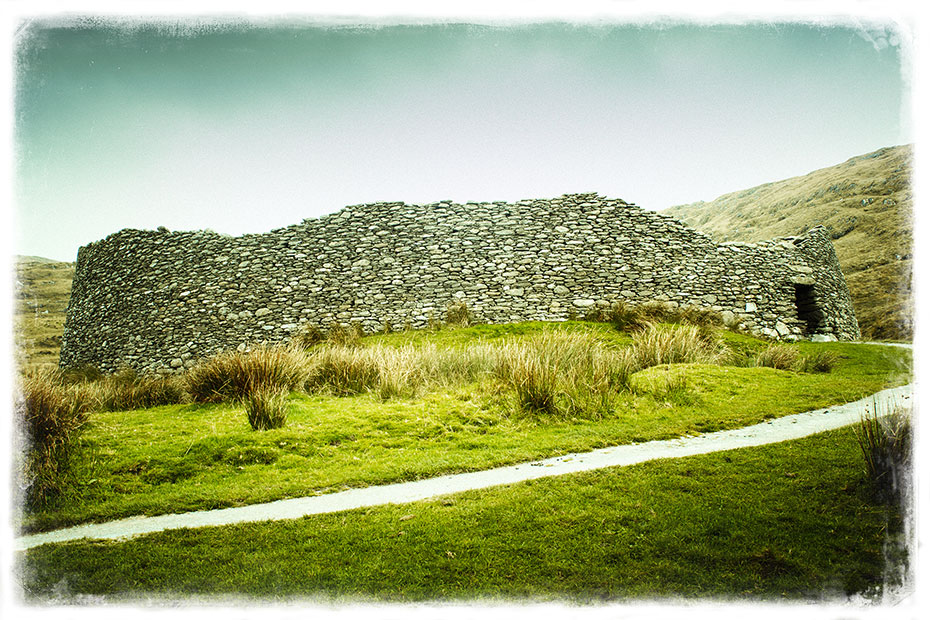
Staigue Stone Fort, Co Kerry, Ireland
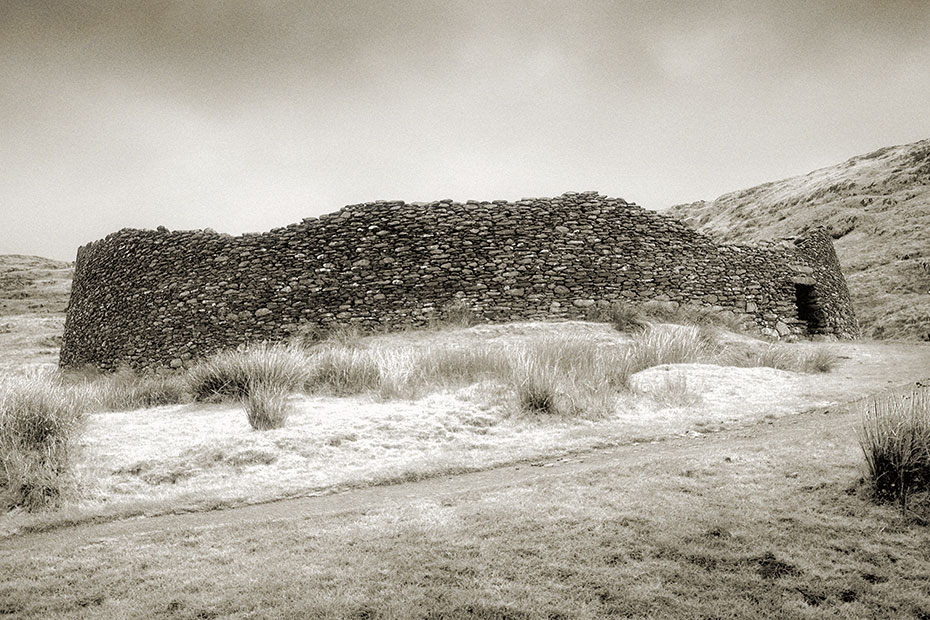
Thought to have been built between 300 and 400 AD before the arrival of Christianity in Ireland
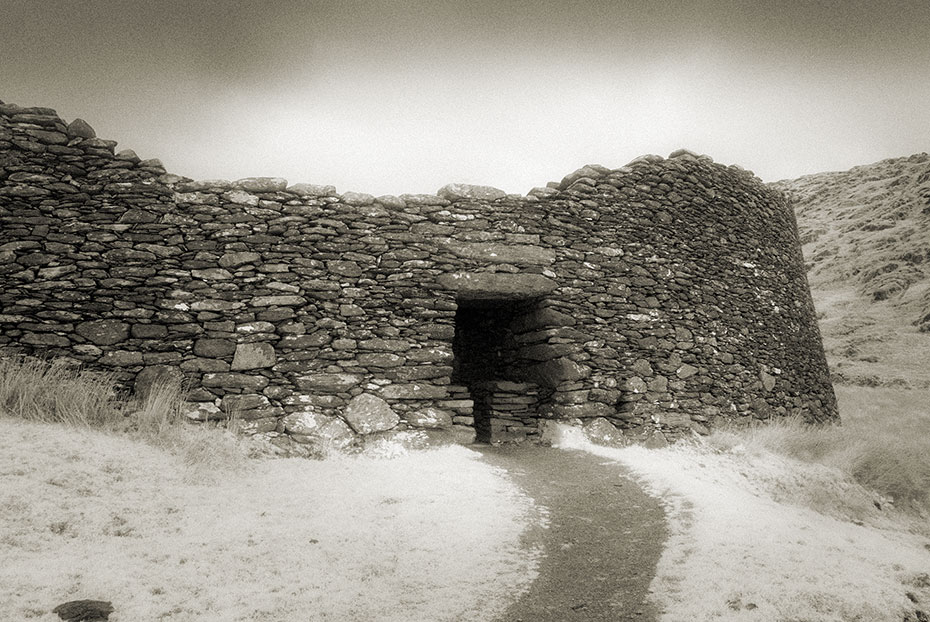
The entrance to Staigue stone dun
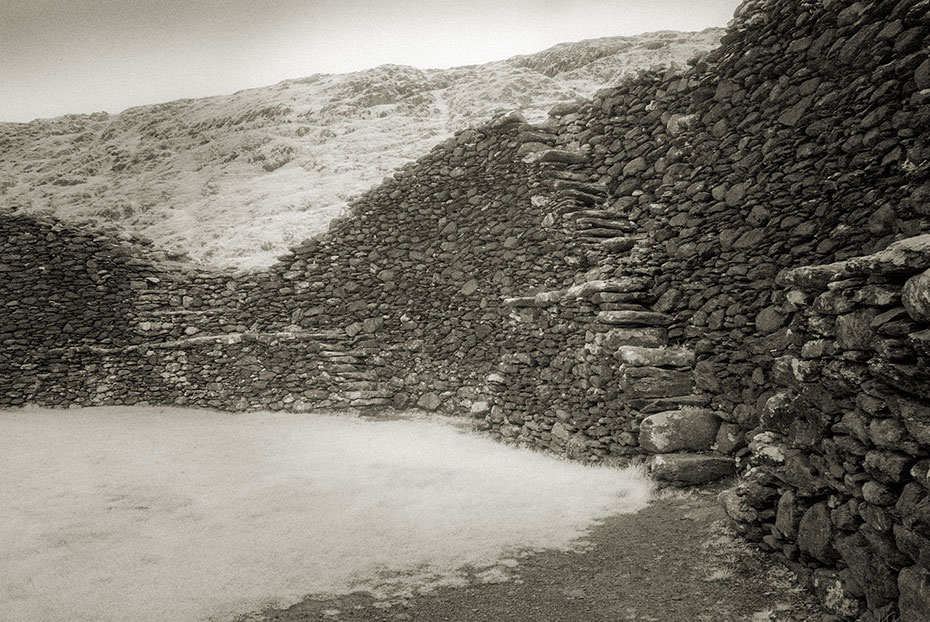
The inner tiered walls with steps
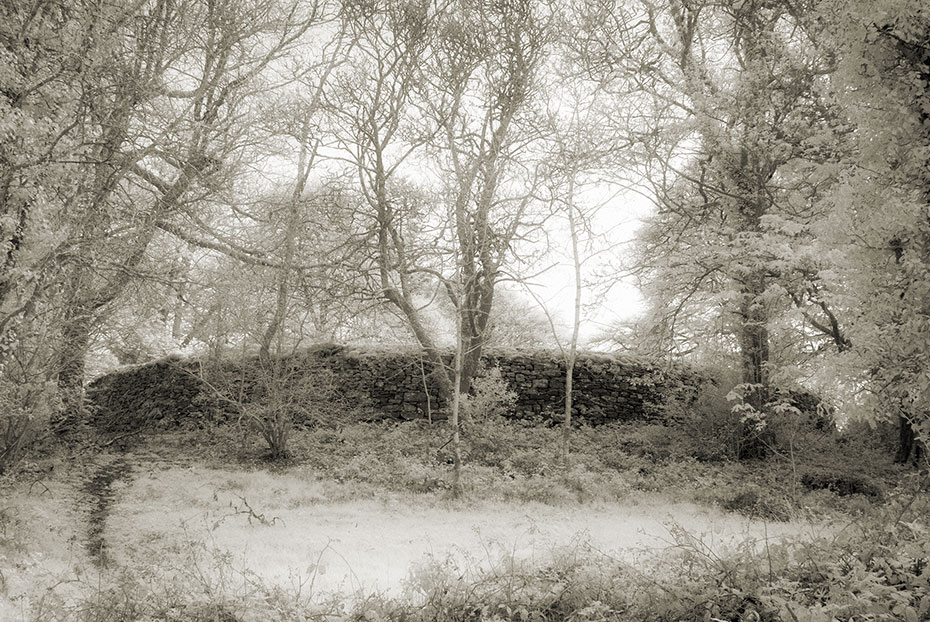
Clogher Dun/Cashel/Stone Fort, Co Sligo Ireland
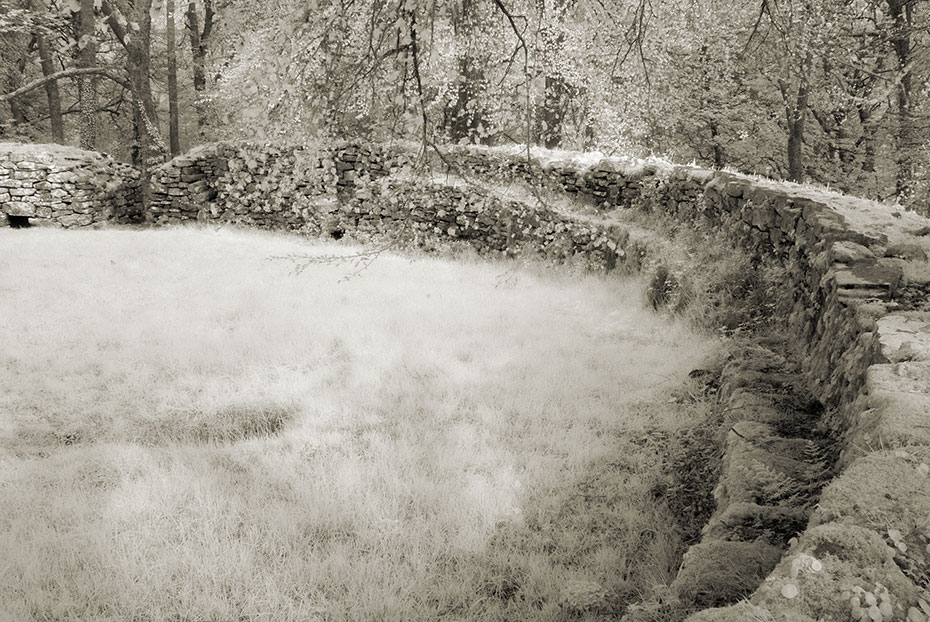
Interior of Clogher Stone Fort with entrance top left
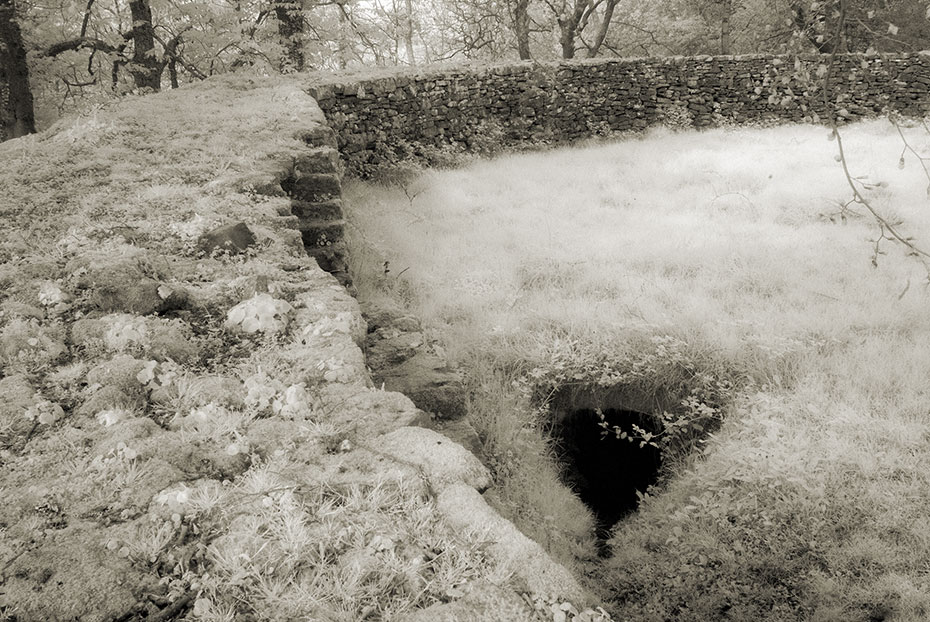
The entrance to a souterrain in Clogher Dun
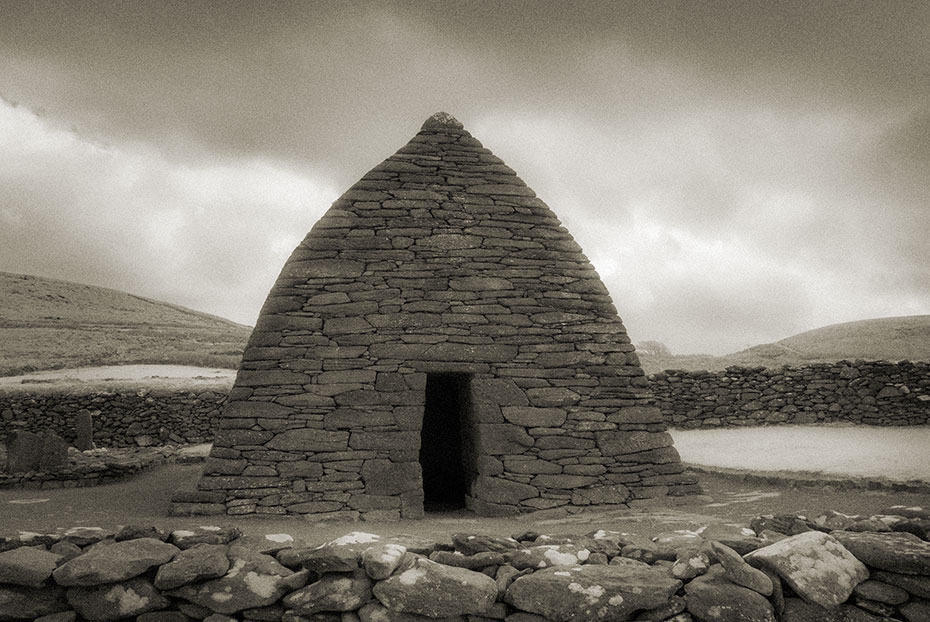
Gallarus Oratory a dry stone chapel constructed between the 7th and 12th centuries
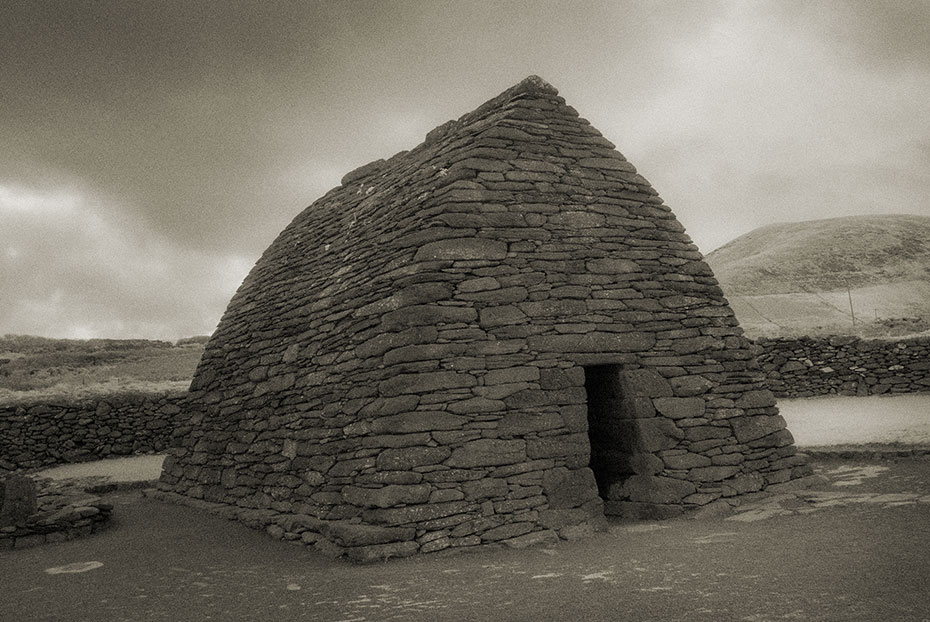
Gallarus Oratory, Dingle Peninsula, Co Kerry, Ireland
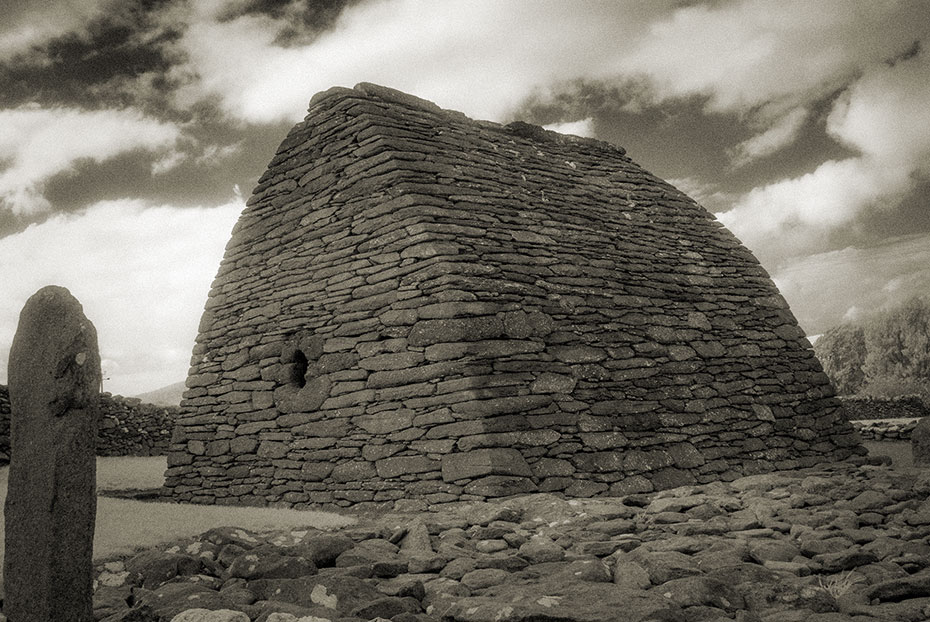
The back of the chapel features a small window
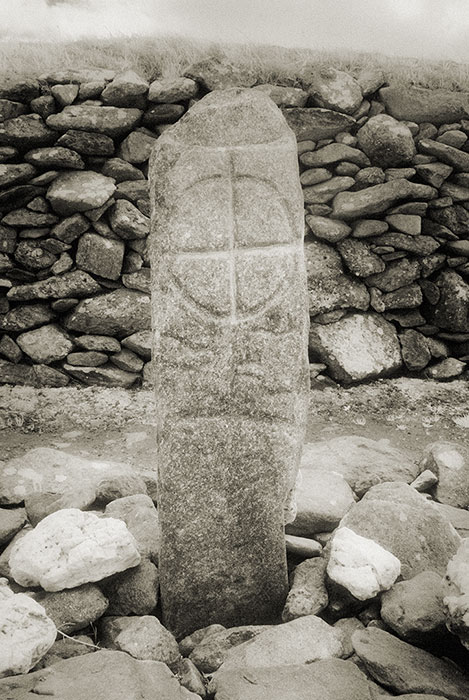
The cross pillar at the site with worn inscription
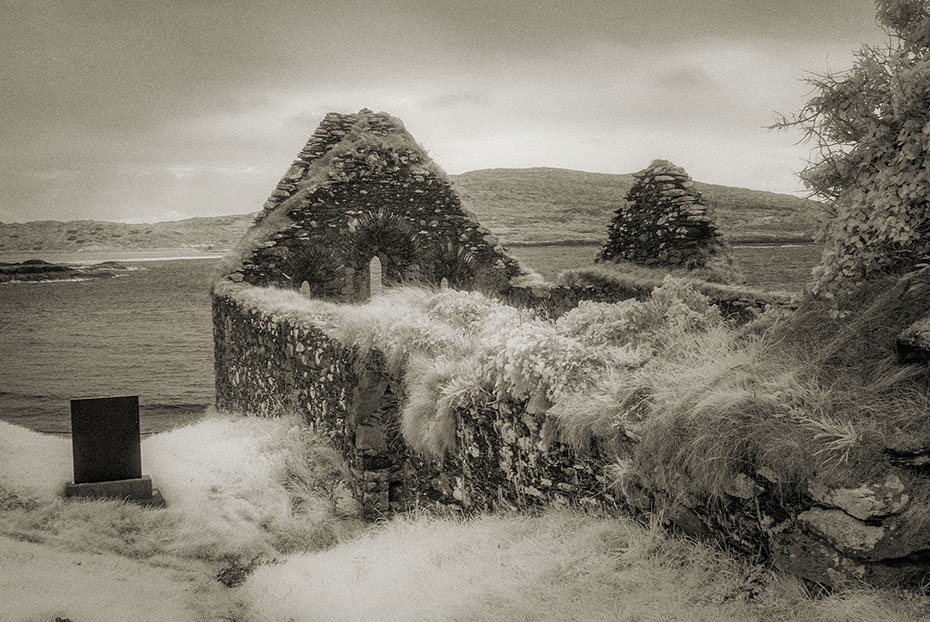
Derrynane Abbey, Co Kerry, Ireland
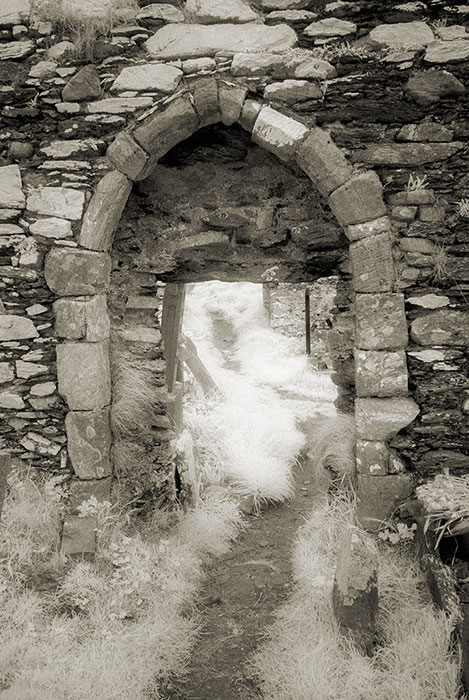
Derrynane Abbey doorway
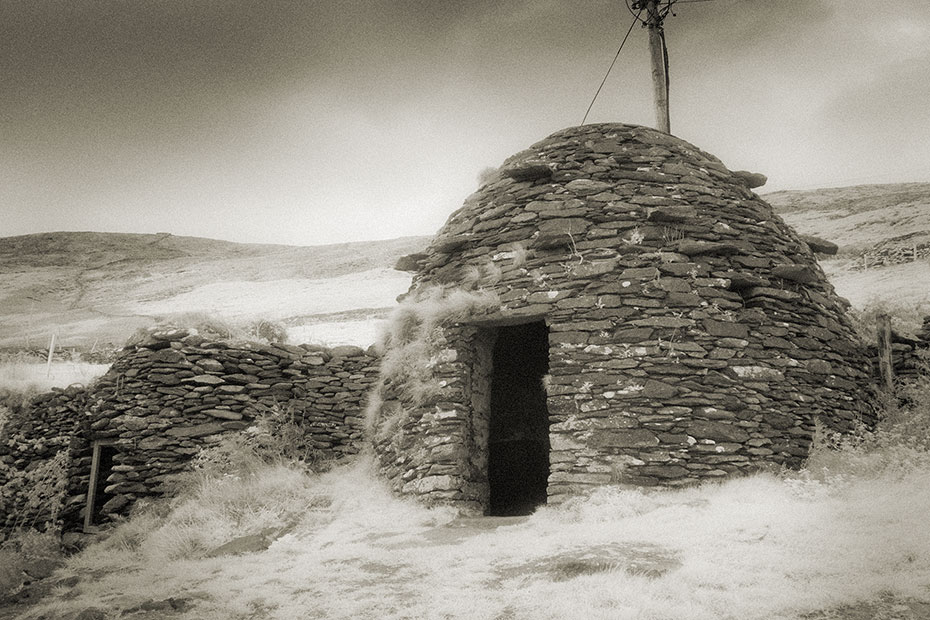
Glanfahan Beehive Huts, Dingle, Co Kerry, Ireland
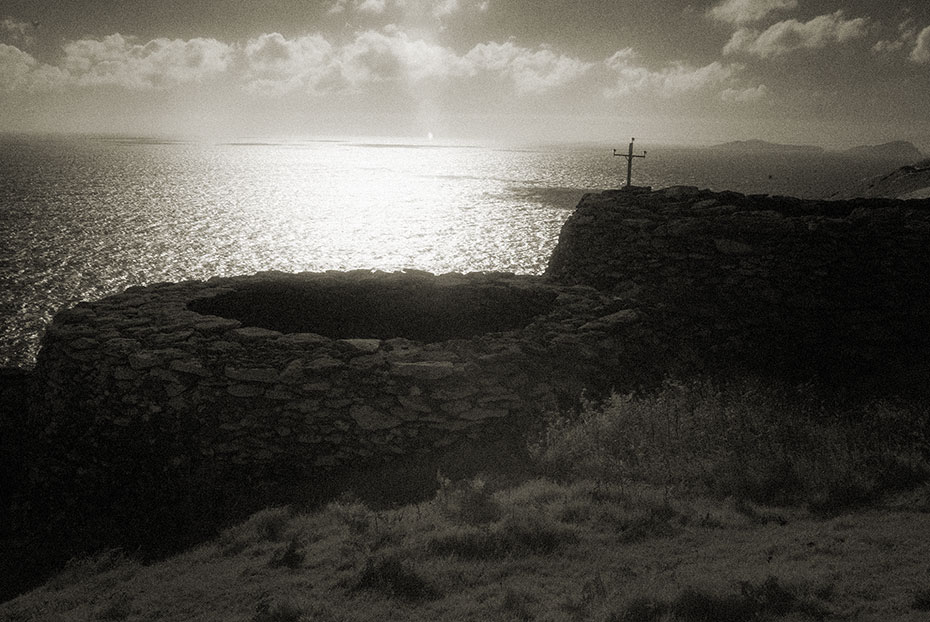
Clochán Mór looking west. The clochauns are commonly called beehive huts
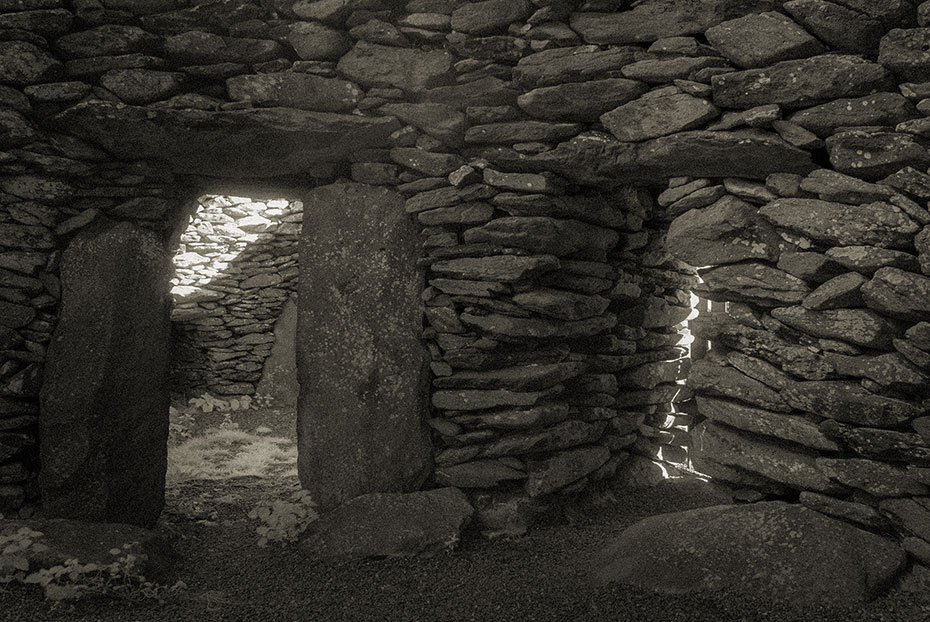
Clochán Mór consists of two joined huts – on the right is the entrance and on the left the linking doorway
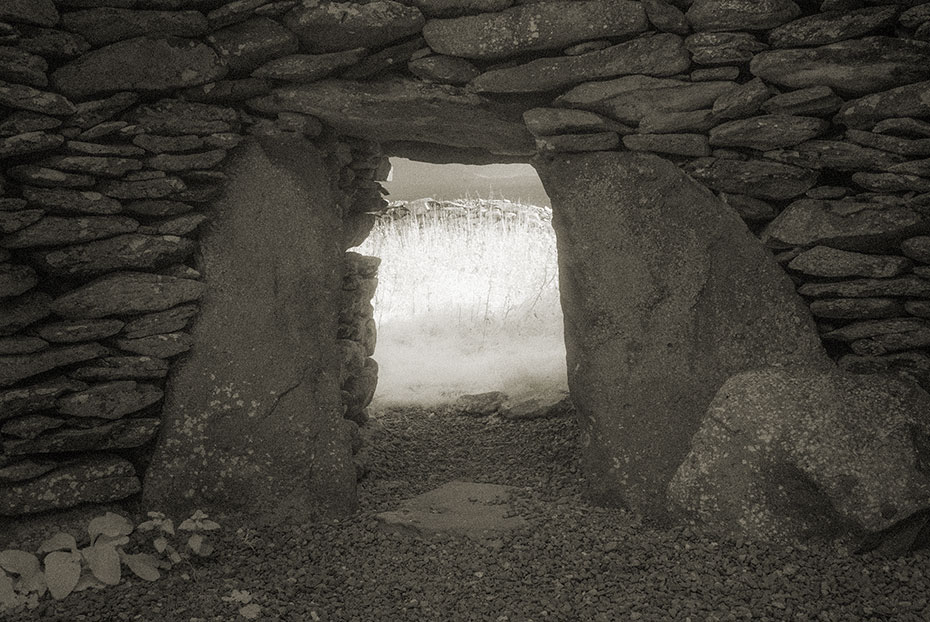
The other entrance
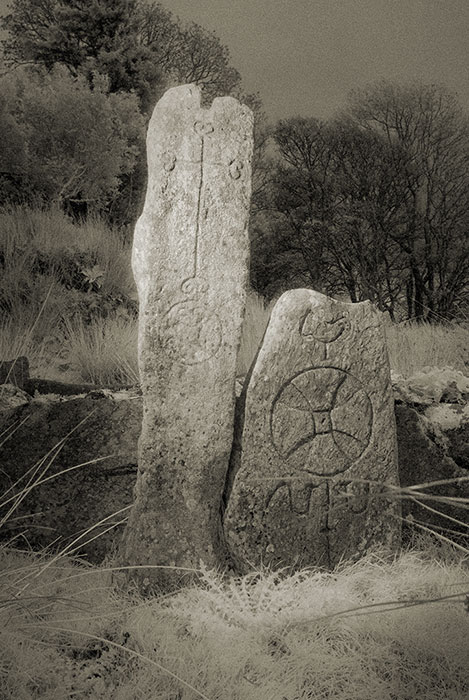
Caherlehillan Cross Pillars, Co Kerry, Ireland
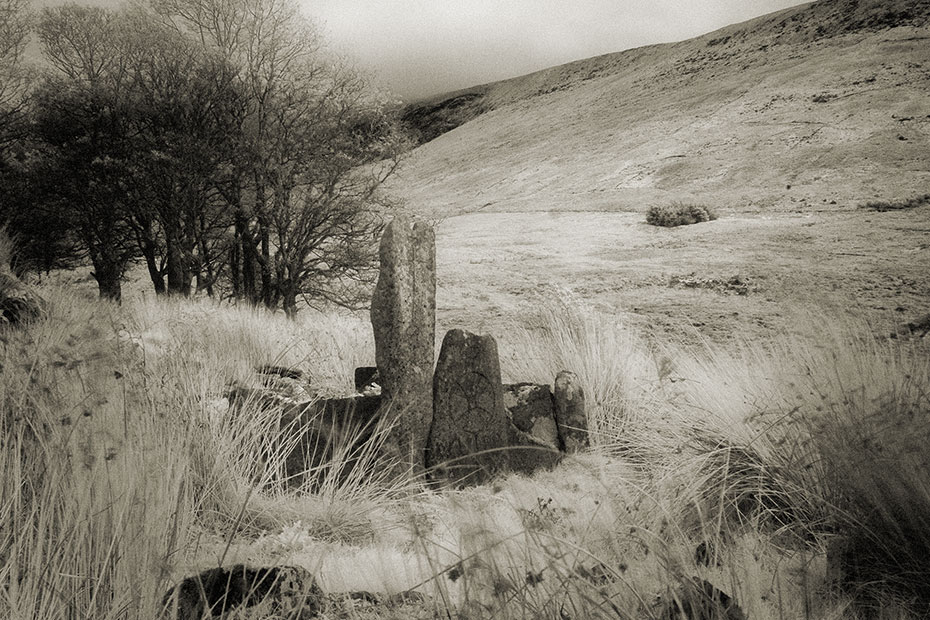
The two Cross inscribed stones in front of the shrine at Caherlehillan
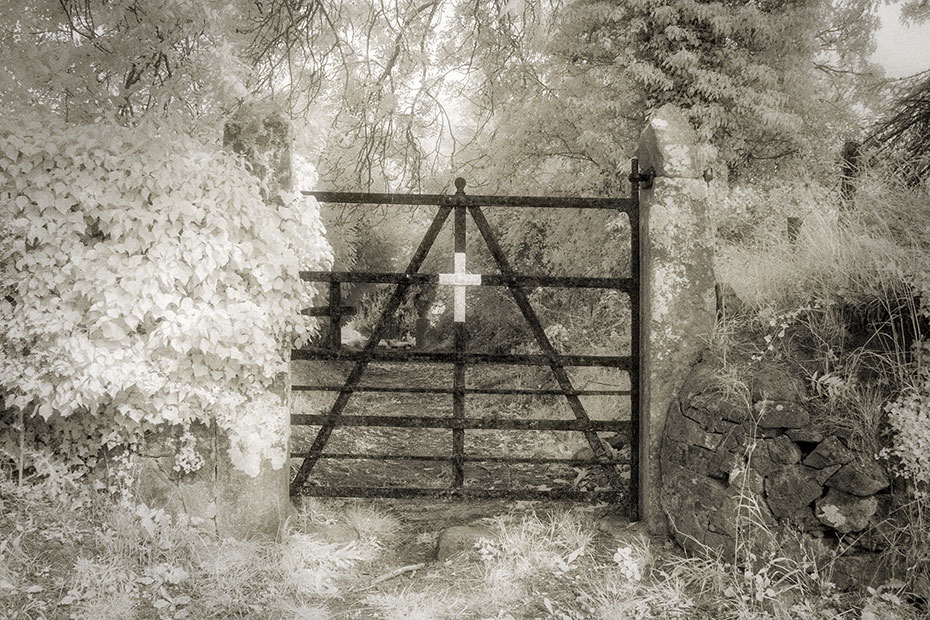
Robertstown Graveyard Gate, Co Meath, Ireland
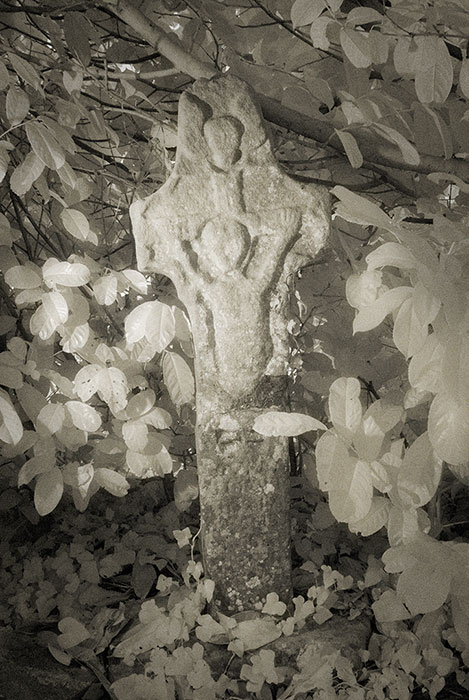
Robertstown Cross at the bottom of the lane to the graveyard
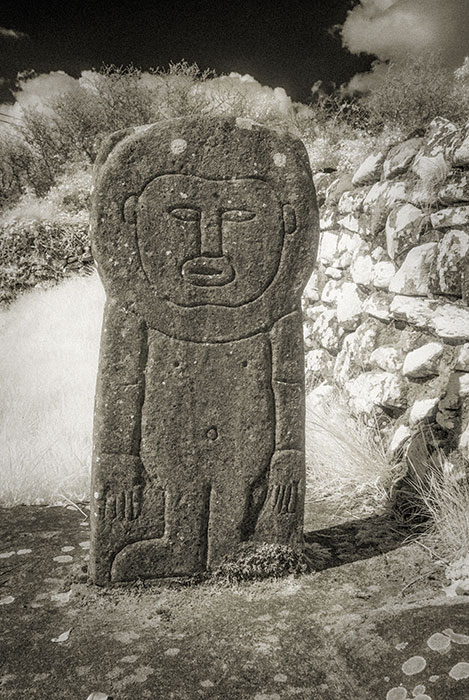
Slab No.10, Carrowntemple Grave Slabs, Co Sligo, Ireland
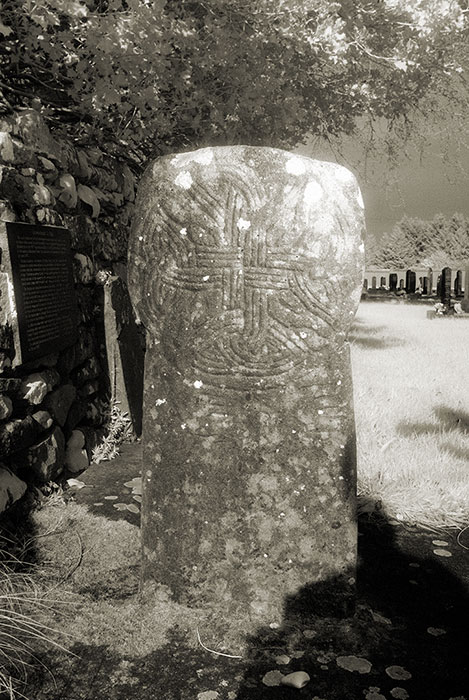
West face of slab No.10, Carrowntemple
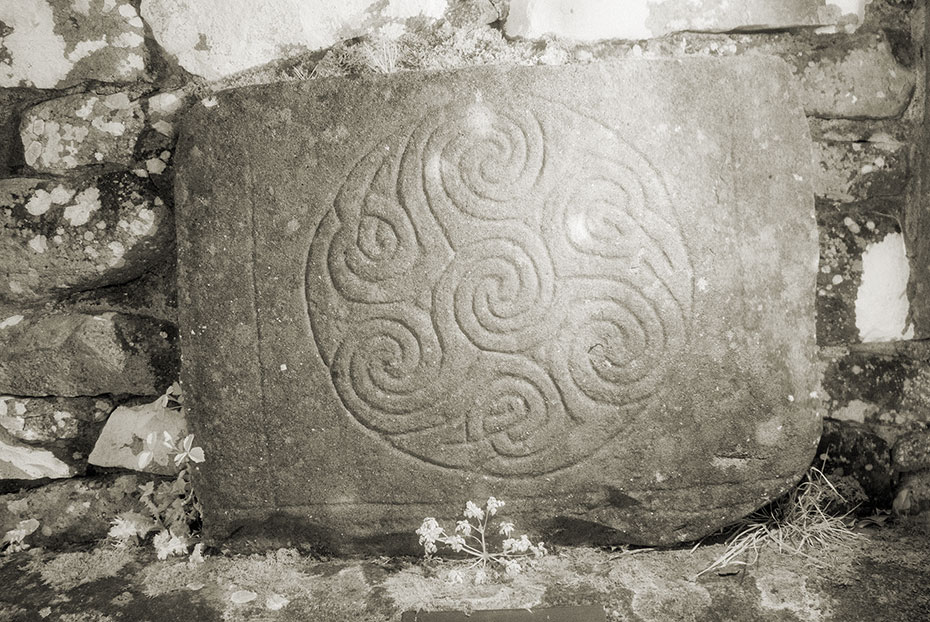
Carrowntemple slab No.3, elaborate triskele within a rough circle
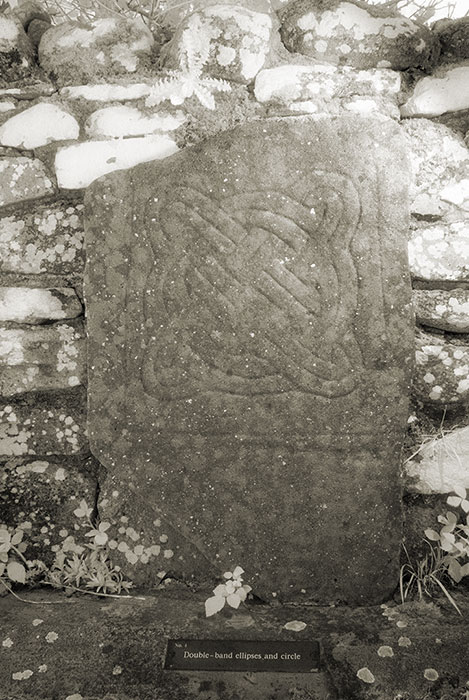
Carrowntemple slab No.4, double-band ellipses and circles
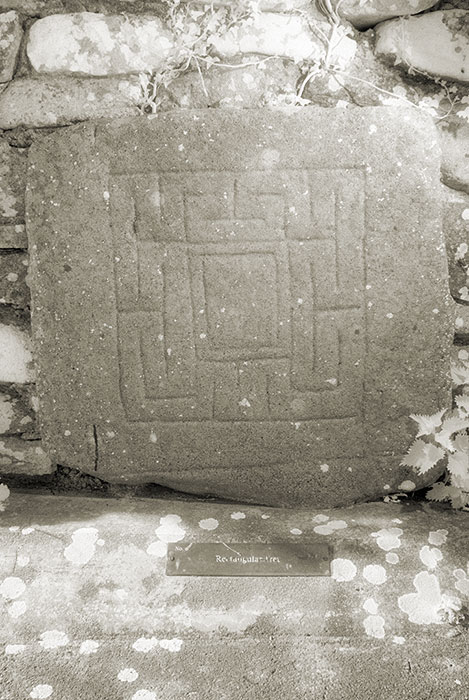
Carrowntemple slab No. 8, maze pattern
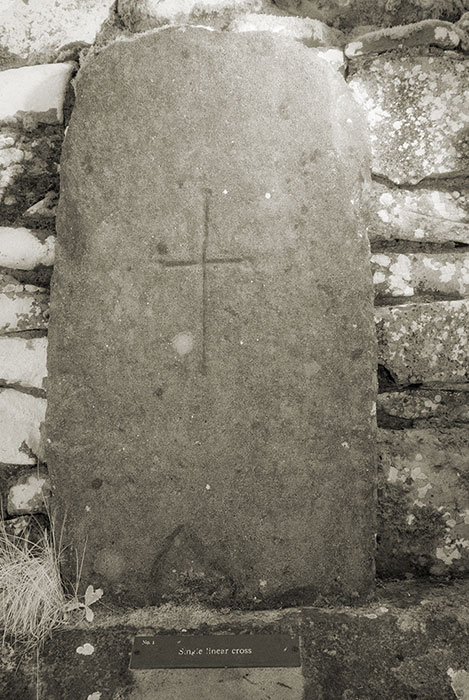
Carrowntemple slab No. 1, single-line cross with rounded expanded terminals
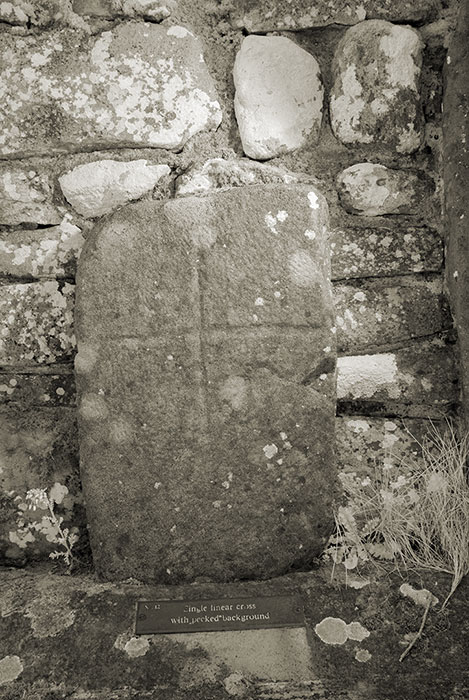
Carrowntemple slab No. 12, single liner cross. All the slabs are replicas (by Cillian Rogers) with the originals in safe keeping
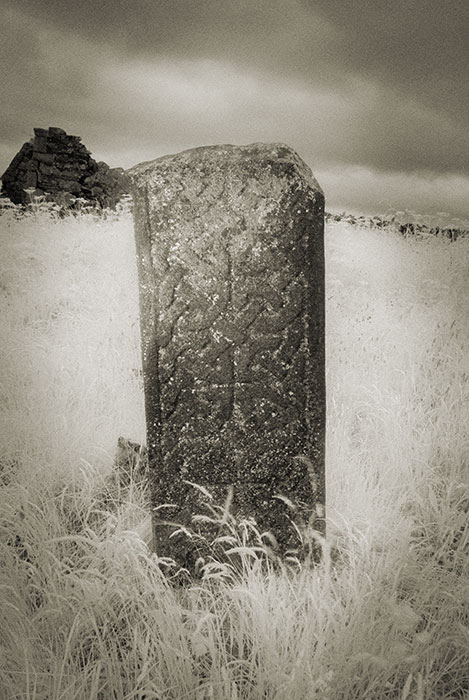
Inishkeel Cross Pillar, the east face decorated with a Celtic knot pattern
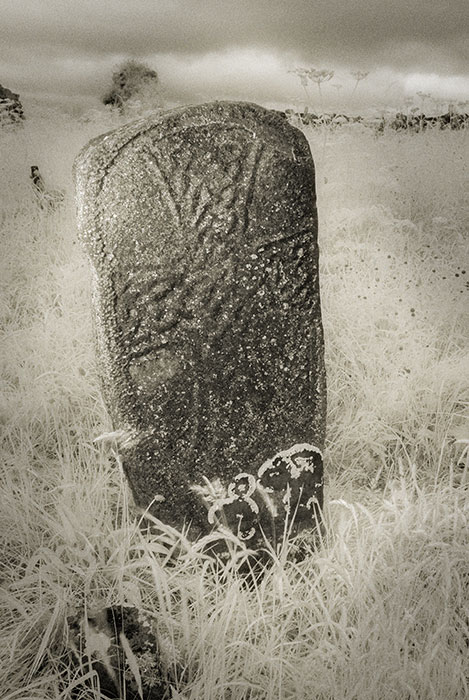
Inishkeel Cross Pillar, the east face decorated with a Celtic knot patterned cross
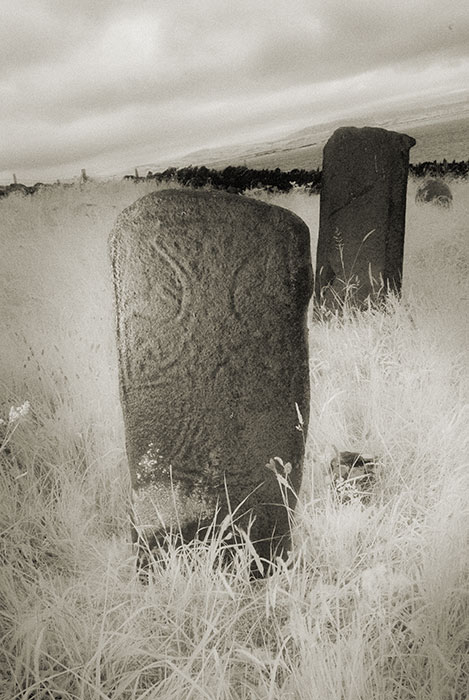
Inishkeel Cross Pillars, Inishkeel Island, Donegal, Ireland, the west face decorated with a worn Celtic knot pattern cross
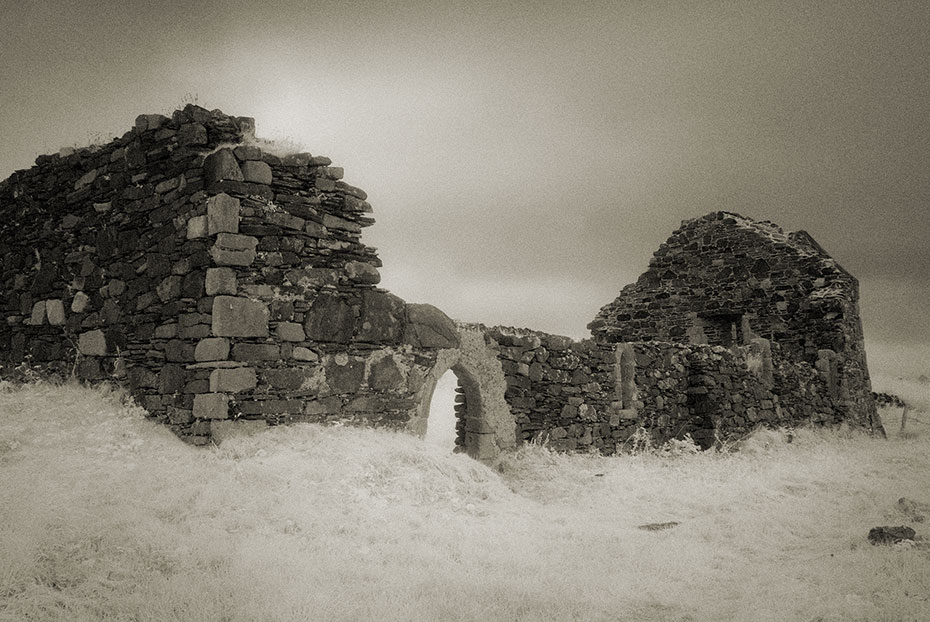
St Connell’s Church and St Mary’s’ Church, Inishkeel Island, Donegal, Ireland
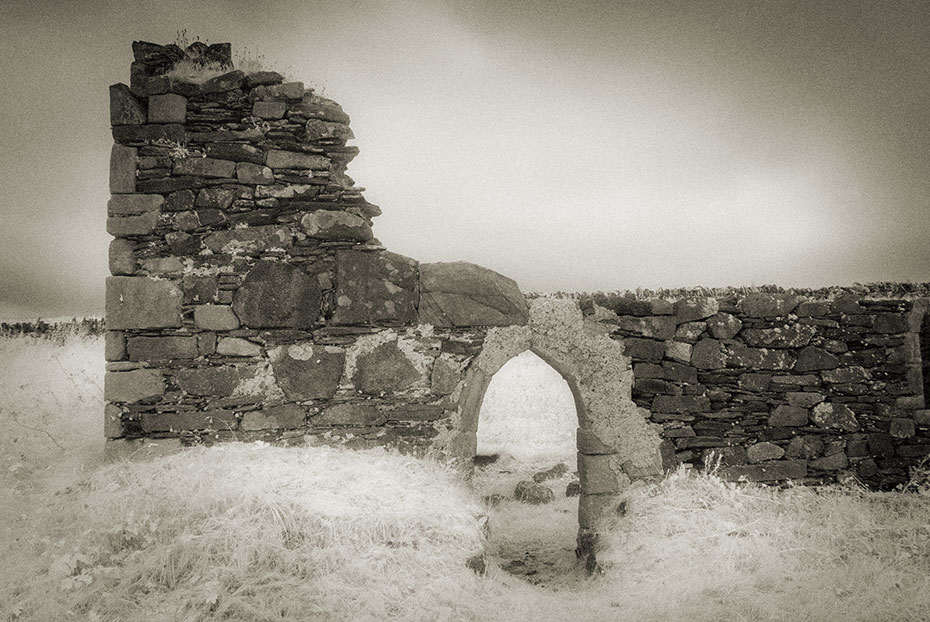
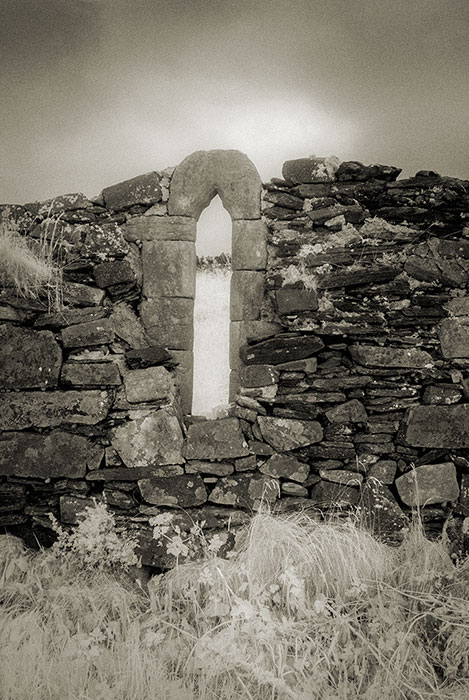
St Connell’s Church window detail
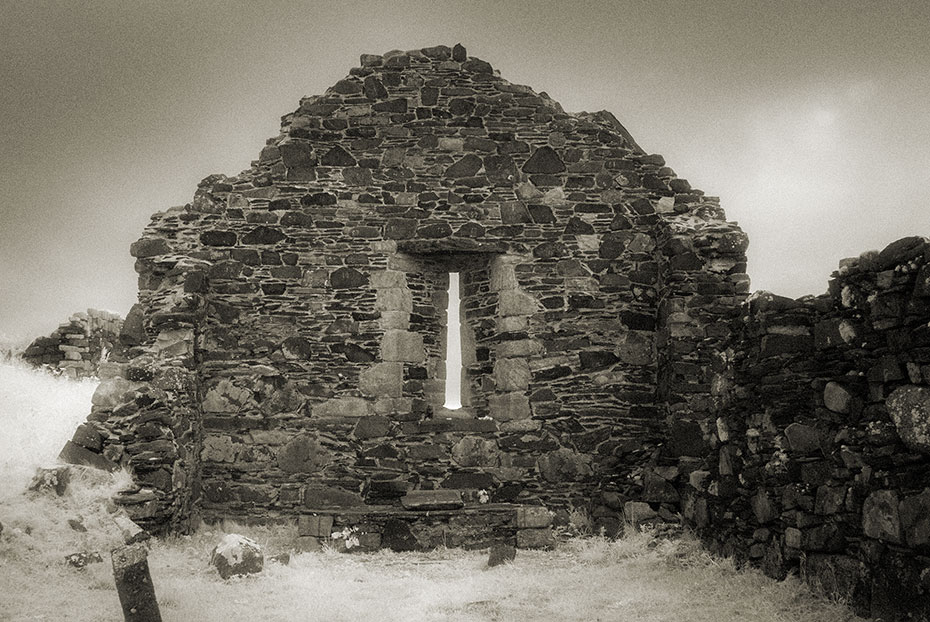
St Connell’s Church interior
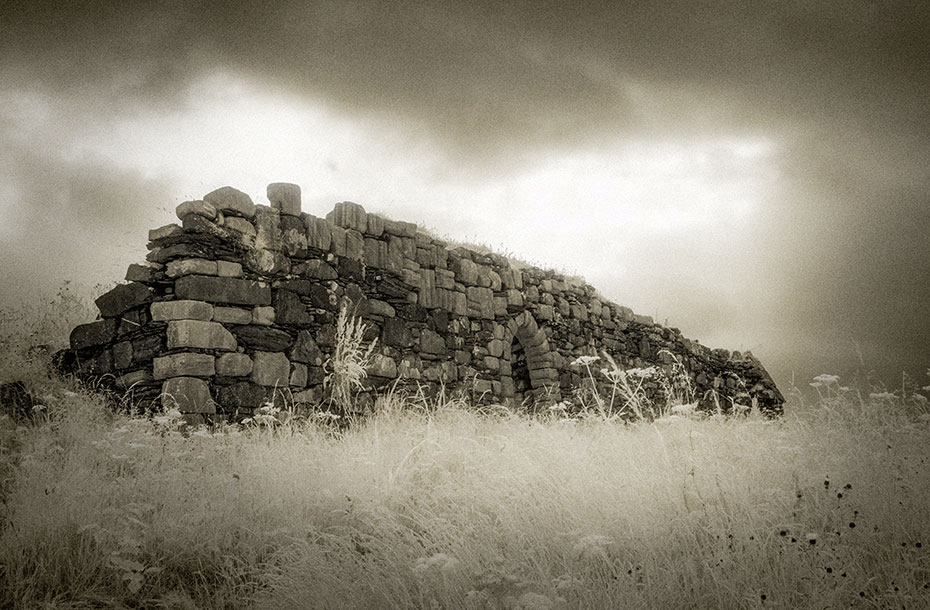
St Mary’s’ Church ruin
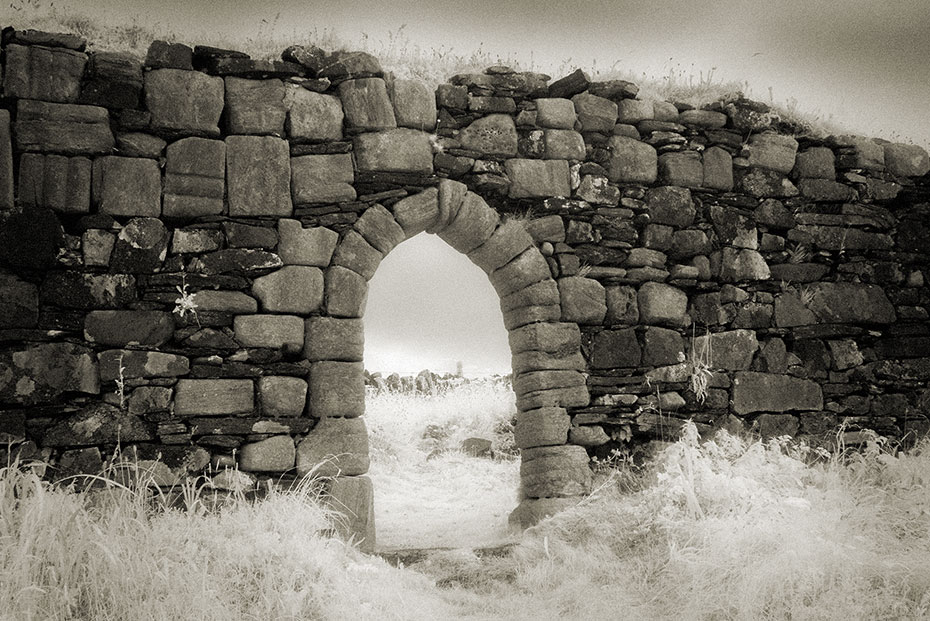
St Mary’s’ Church doorway
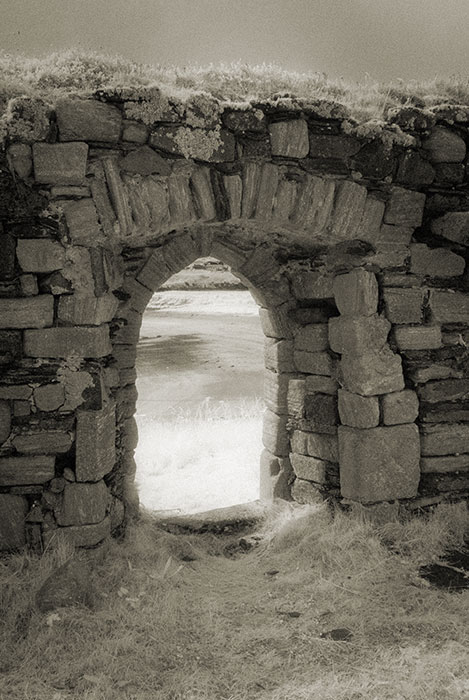
Interior doorway of St Mary’s’ Church, Inishkeel Island
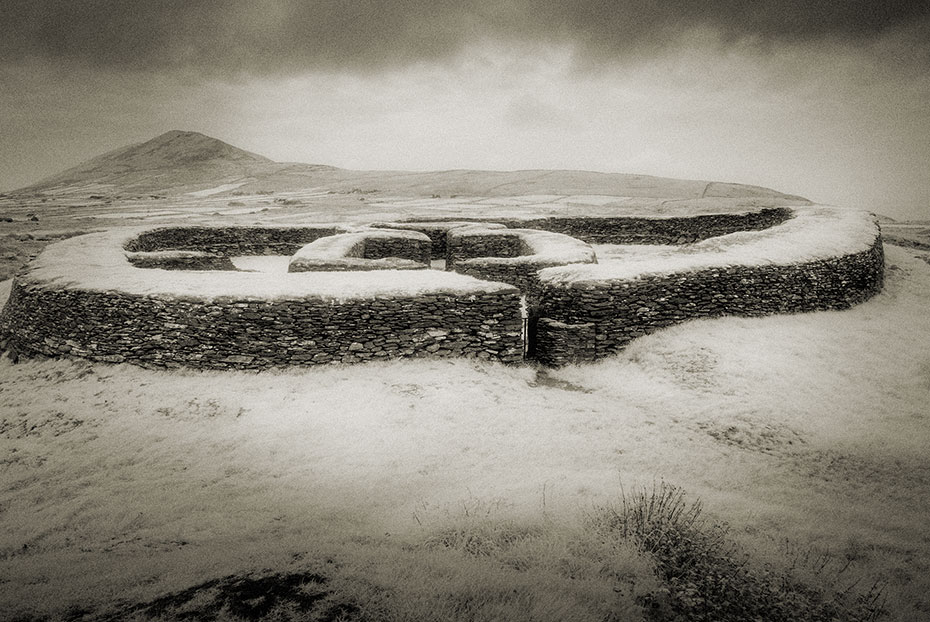
Leacanabuaile Stone Fort, Co Kerry, Ireland
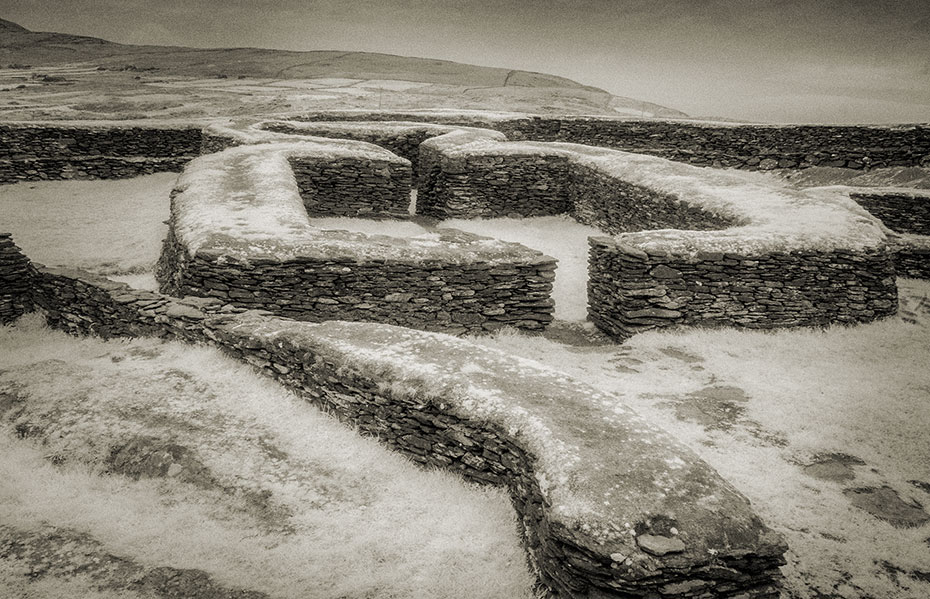
The rectangular and circular structure in the cashel
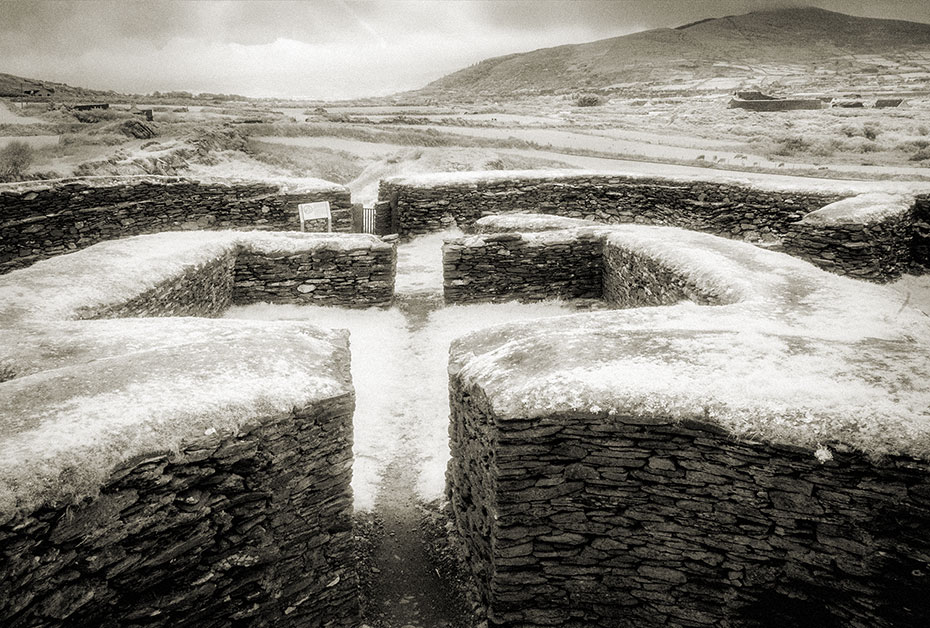
In the background Cahergal Stone Fort
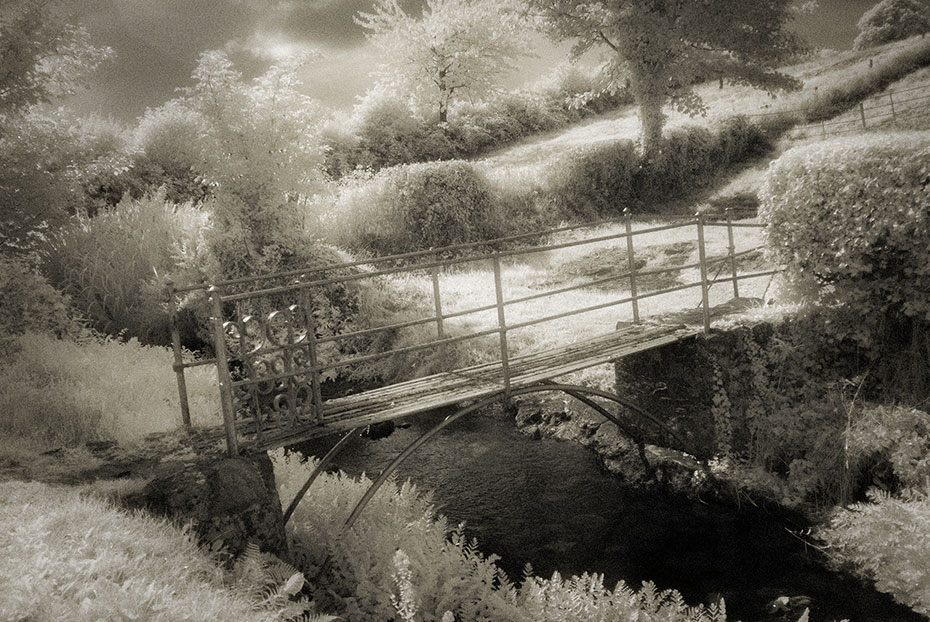
St Ciaran’s Well, Castlekeeran, Co Meath, Ireland – the bridge to the well
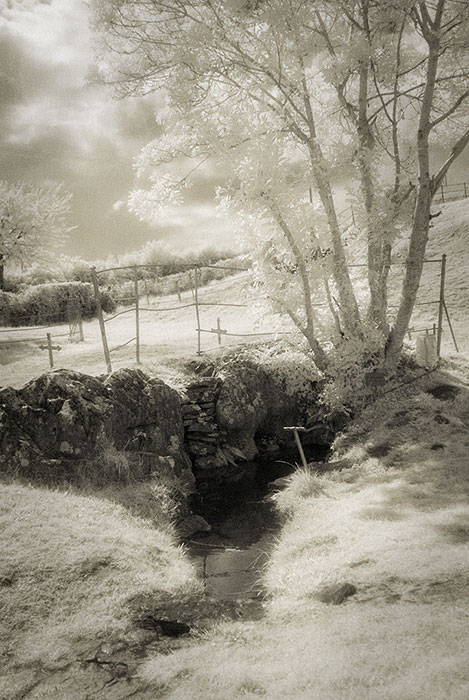
St Ciaran’s Well – rag tree at the well
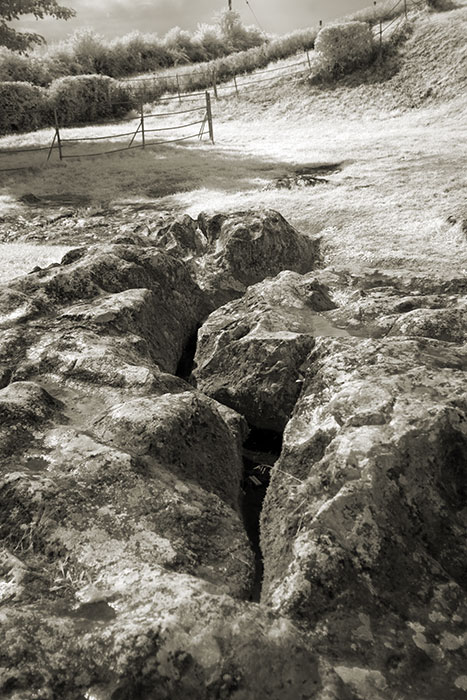
Water flows through the natural rock formations
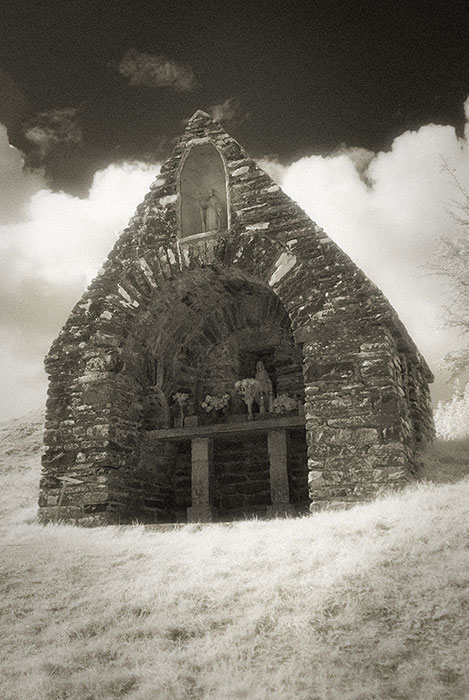
St Ciaran’s Shrine
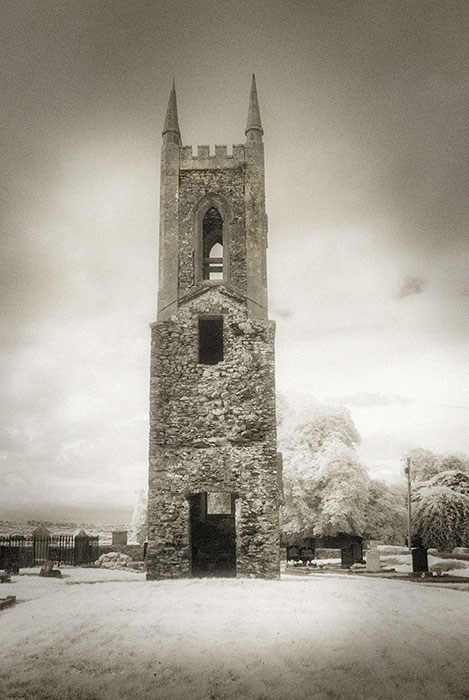
St Nicholas Church, Strabannon, Co Louth, Ireland
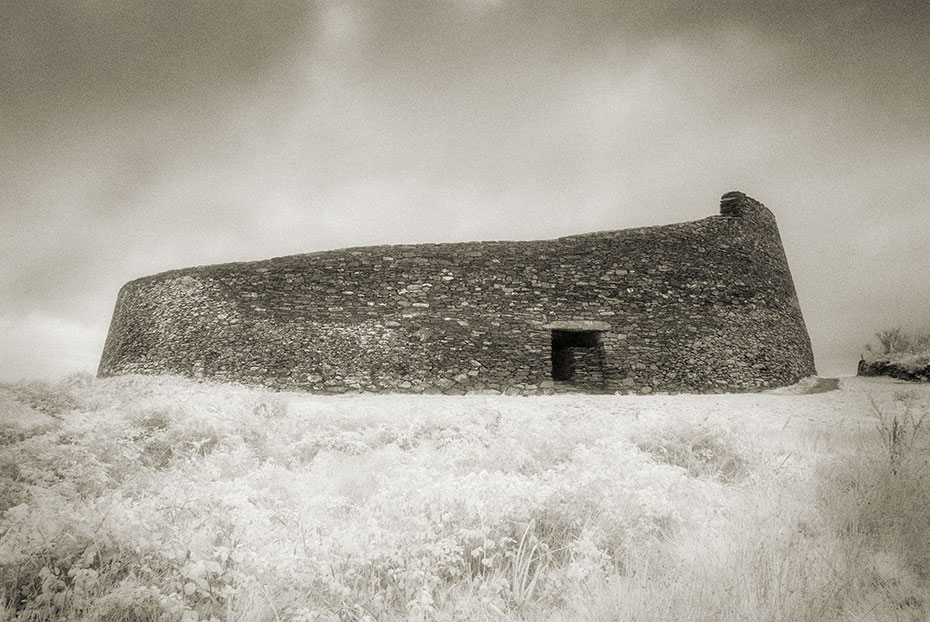
Cahergal Stone Fort, Co Kerry, Ireland
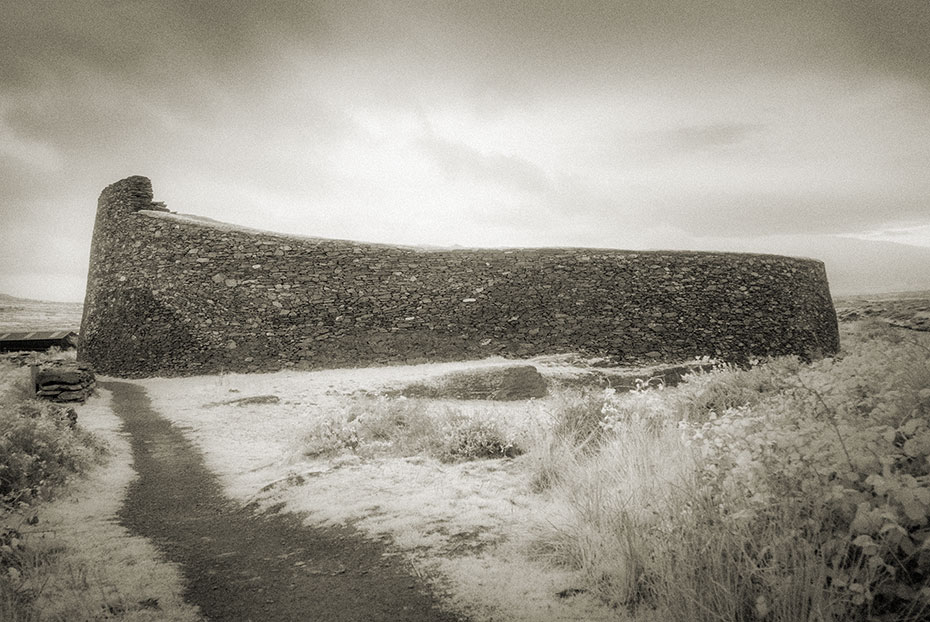
The path to Cahergal Stone For
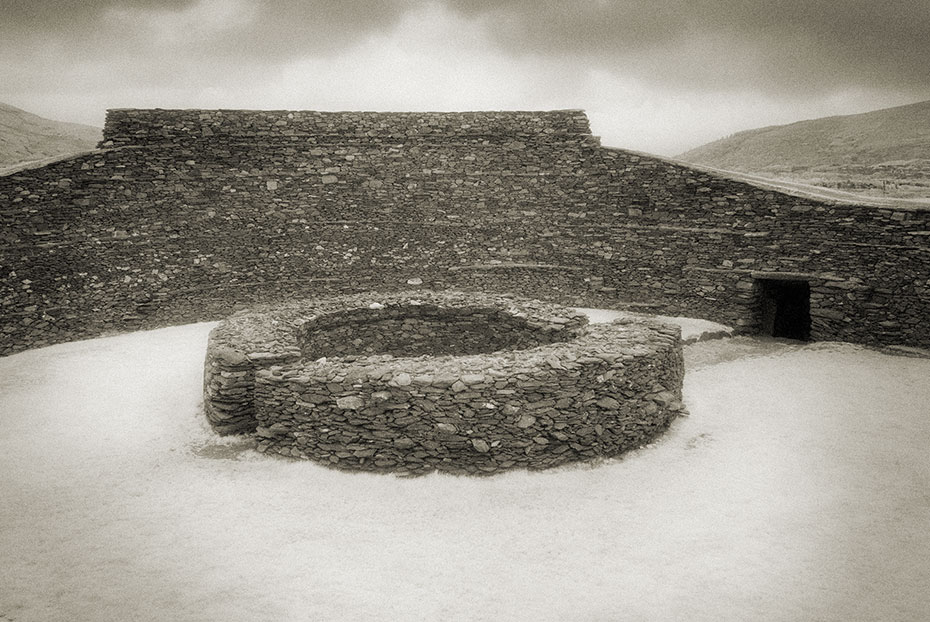
The circular structure in the centre of the cashel
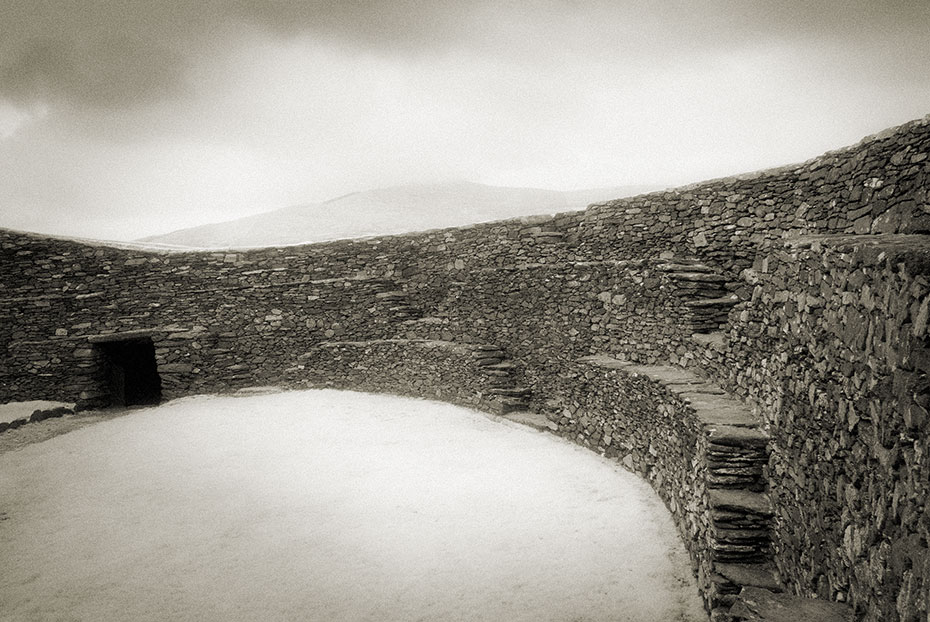
The interior tiered walls with stepped rampart
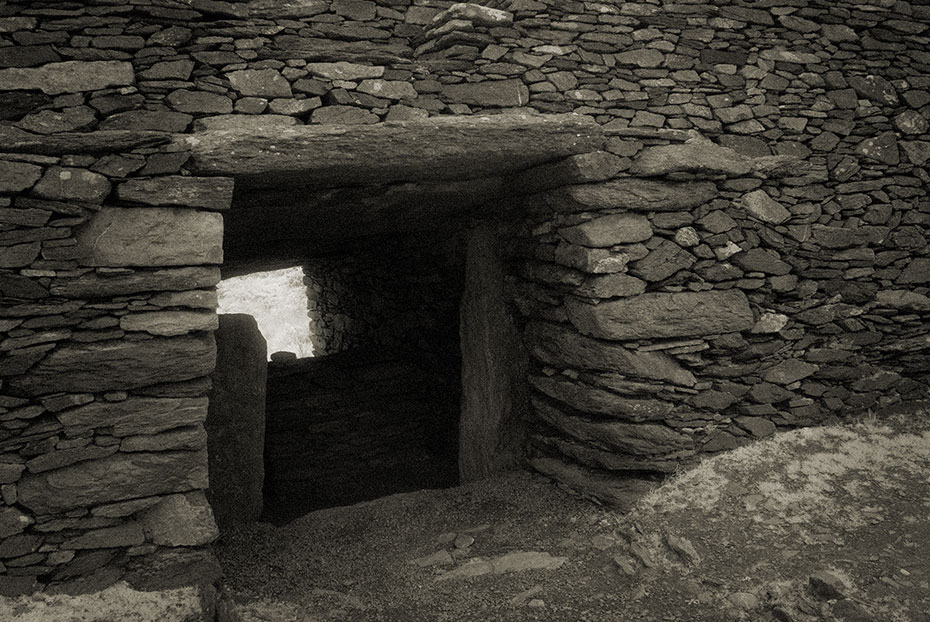
Doorway from inside the cashel
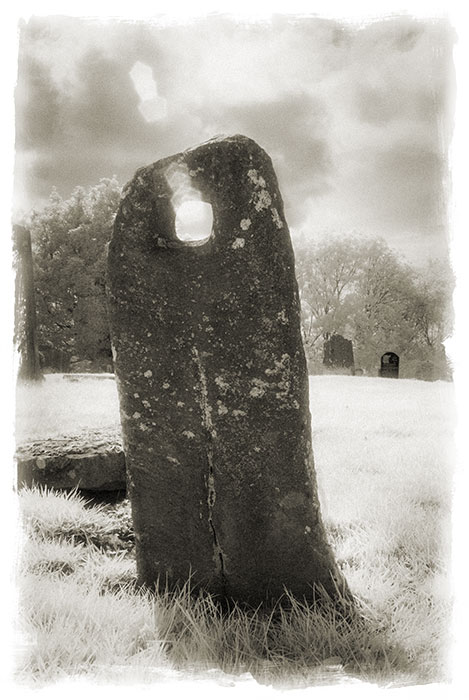
Kilmainhamwood Holed Stone, Co Meath, Ireland
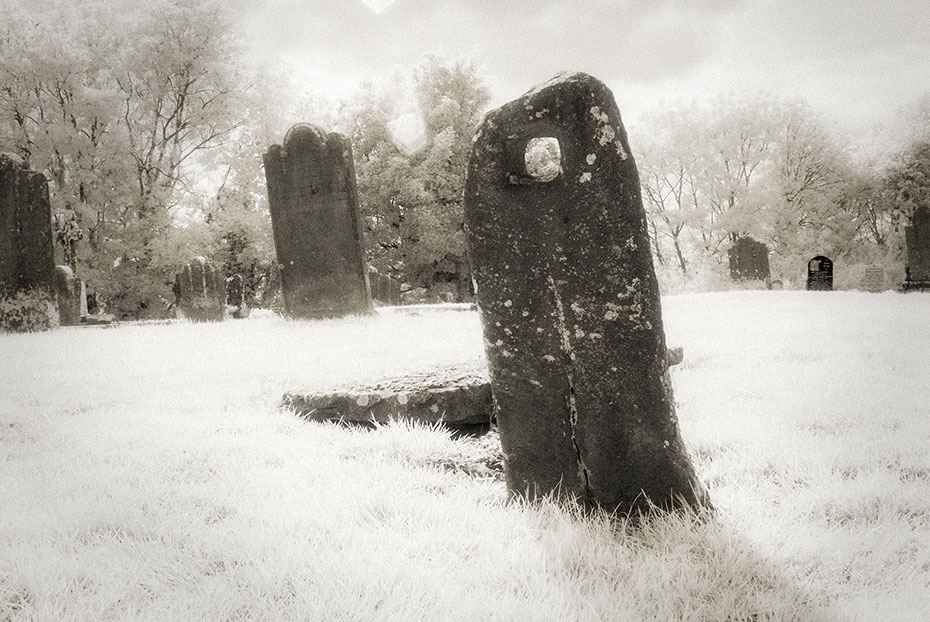
The holed stone has a worn carved cross on this side not visible due to the back lighting. The carved cross may have been added at a later date to Christianise the megalith and site.
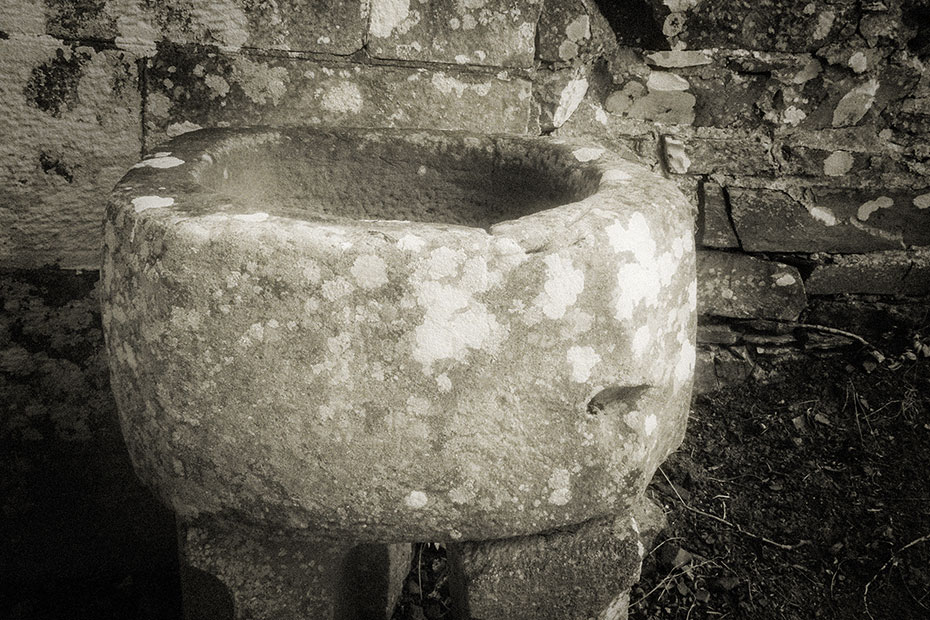
Font located by the graveyard gate
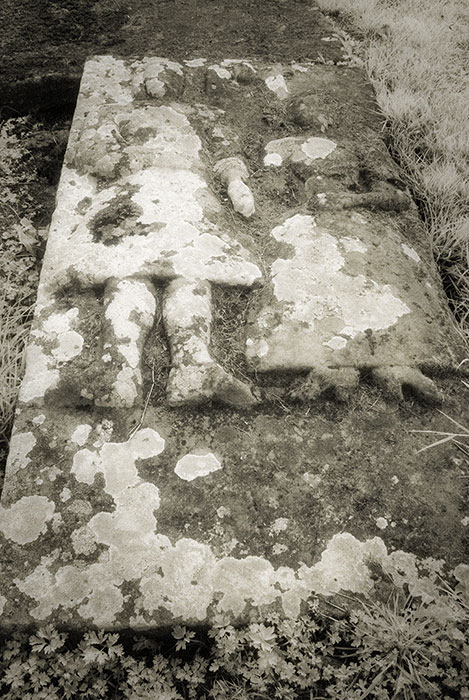
One of the grave slabs depicting a man and a women
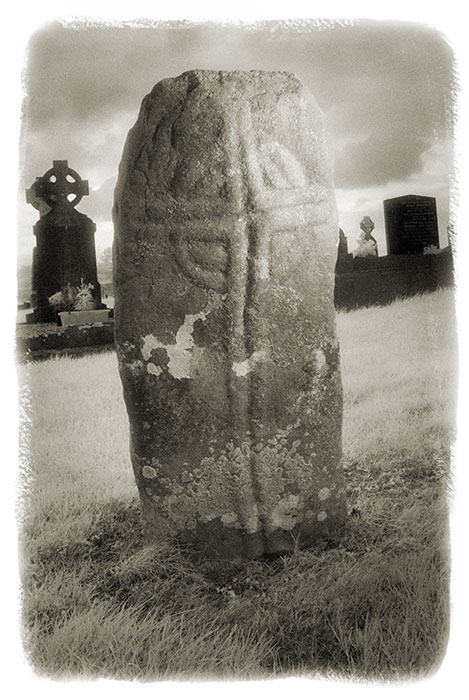
Kilbeg Cross Slab, Co Meath, Ireland
The Dingle Peninsula, Co Kerry, Ireland
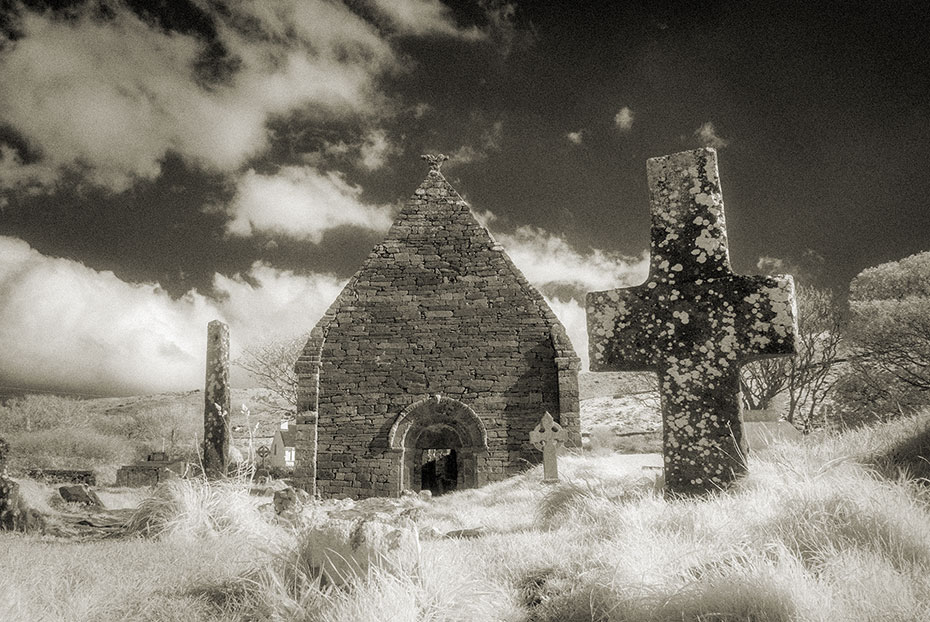
Kilmalkedar Church, Ogham Stone and Cross
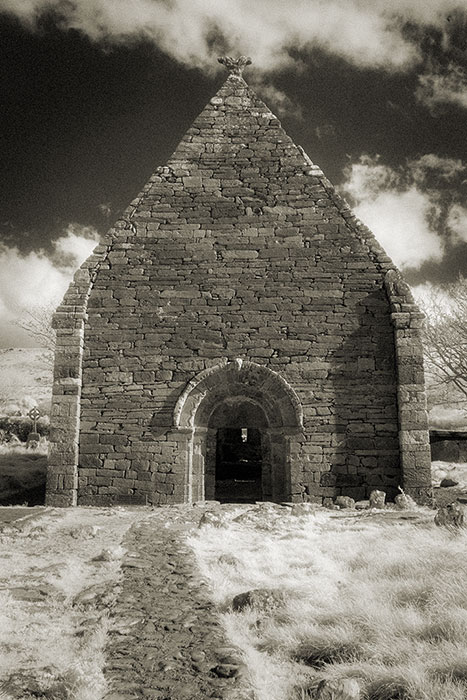
Kilmalkedar Romanesque Church
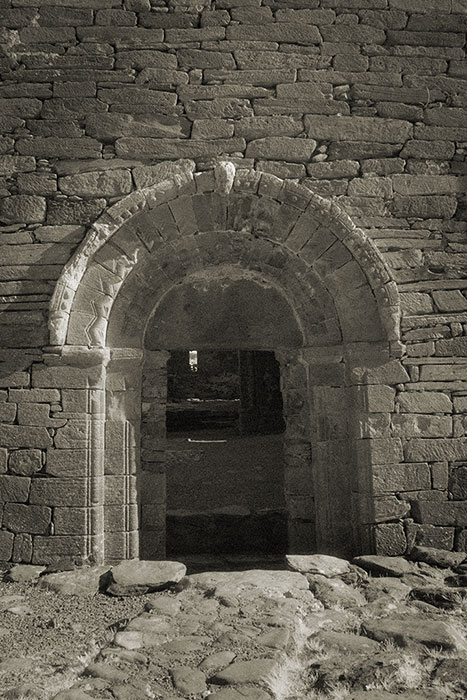
Kilmalkedar Romanesque doorway
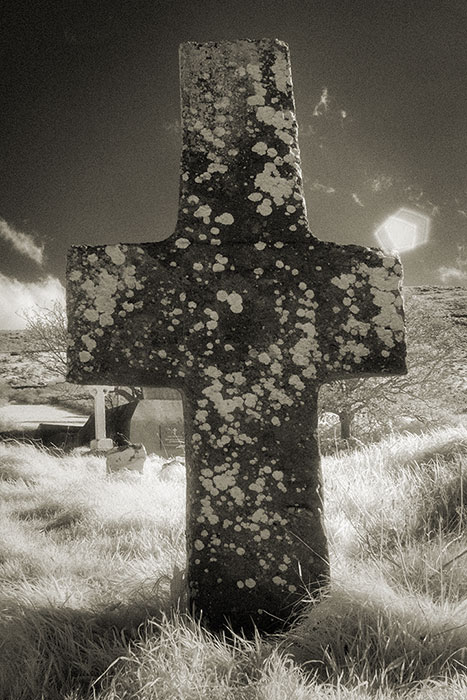
Kilmalkedar Cross
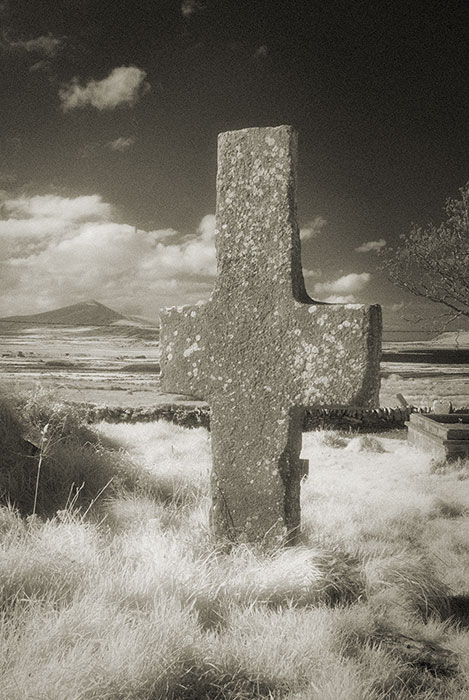
Kilmalkedar Cross
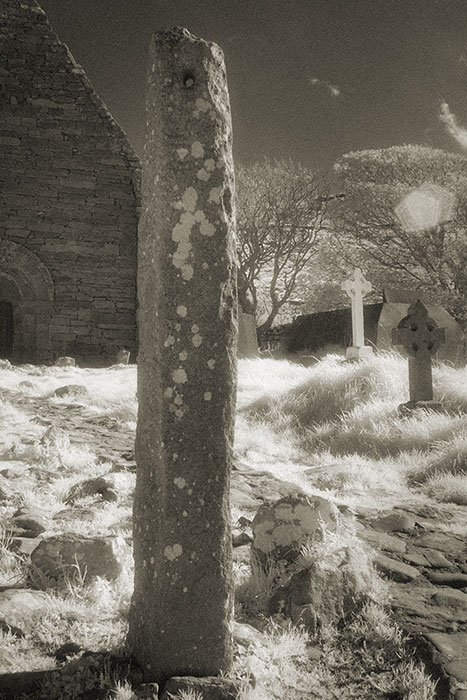
Kilmalkedar Ogham Stone
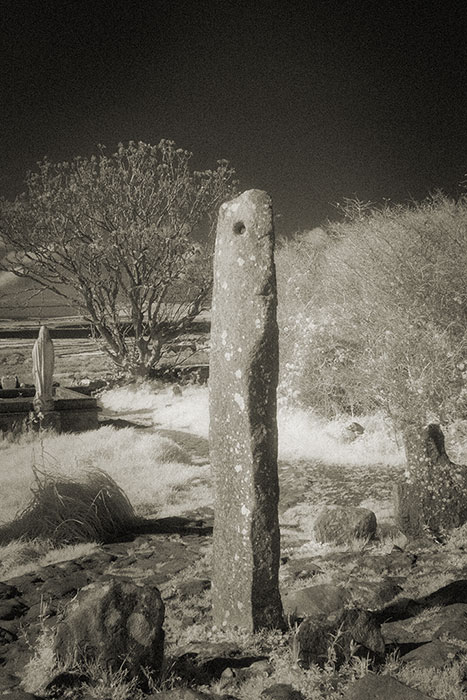
Kilmalkedar Ogham Stone
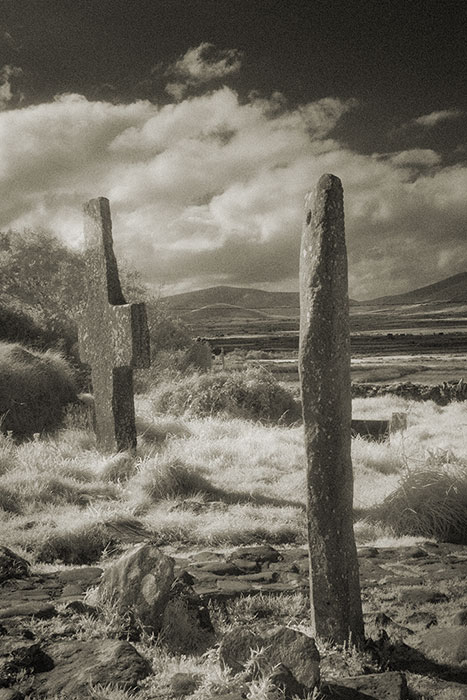
Kilmalkedar Ogham Stone and Cross
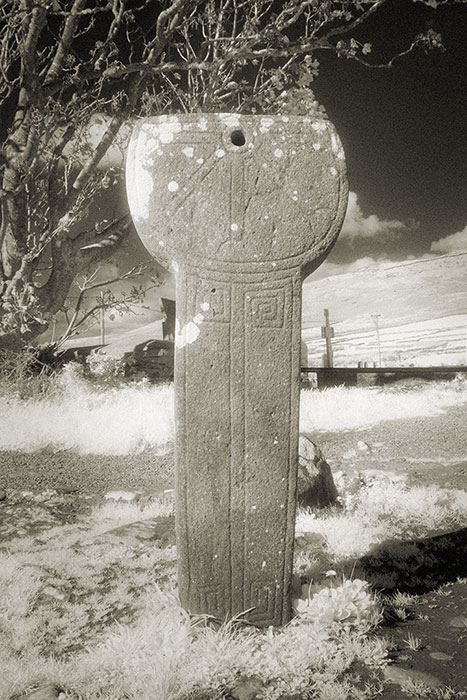
Kilmalkedar Sundial
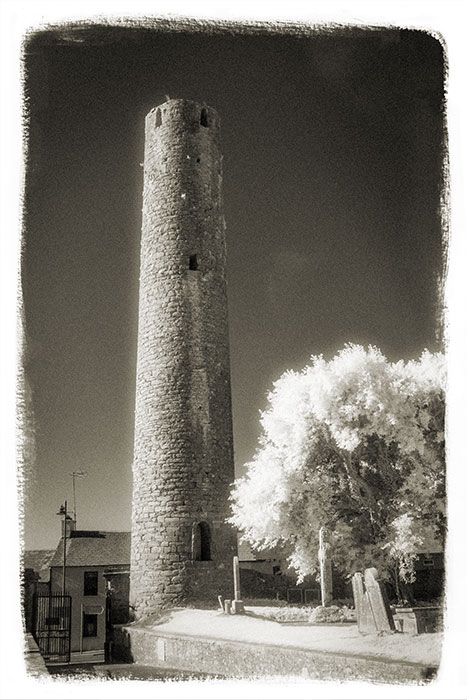
Kells Round Tower, Kells, Co Meath, Ireland
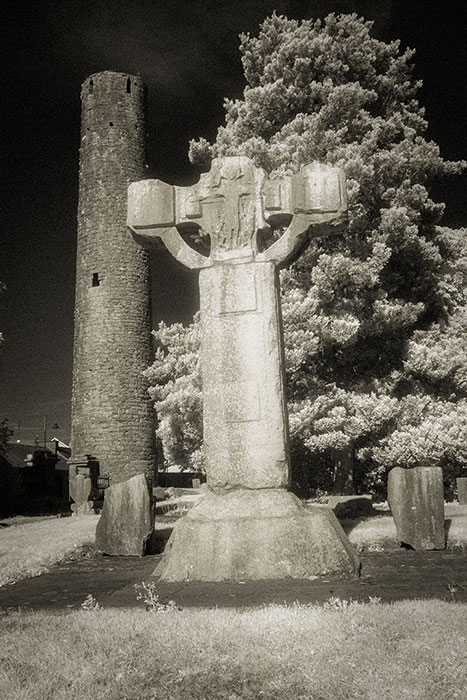
Kells High Cross and Round Tower
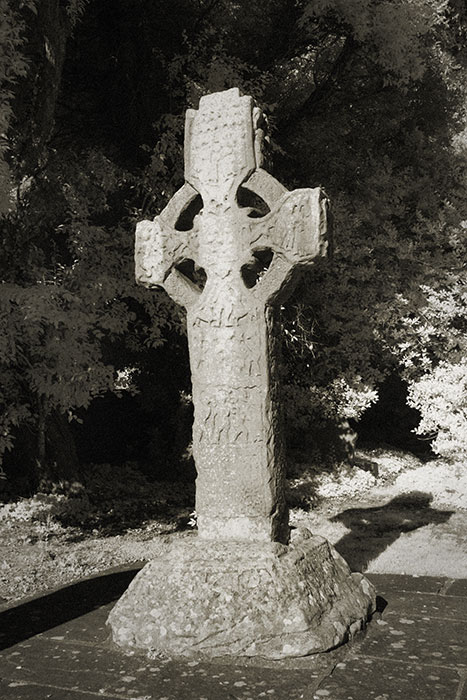
Kells High Cross
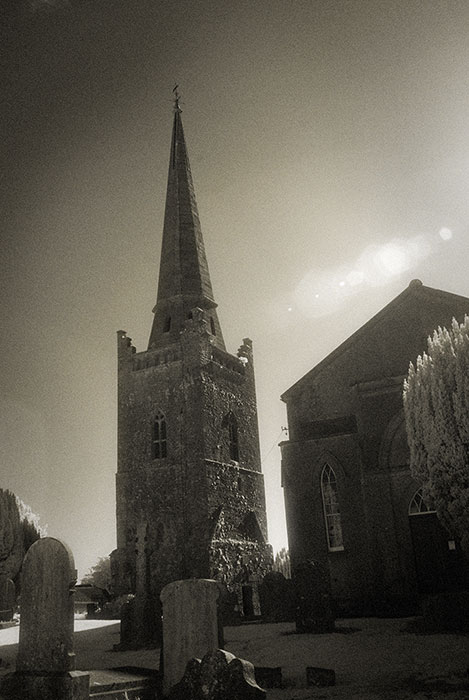
Kells Bell Tower
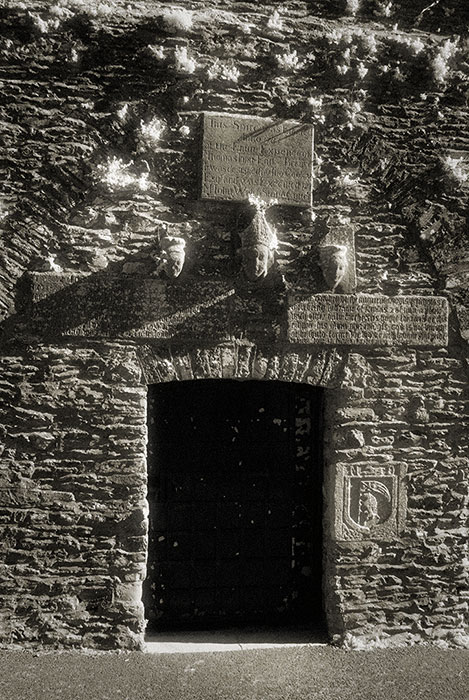
Kells Bell Tower entrance carvings
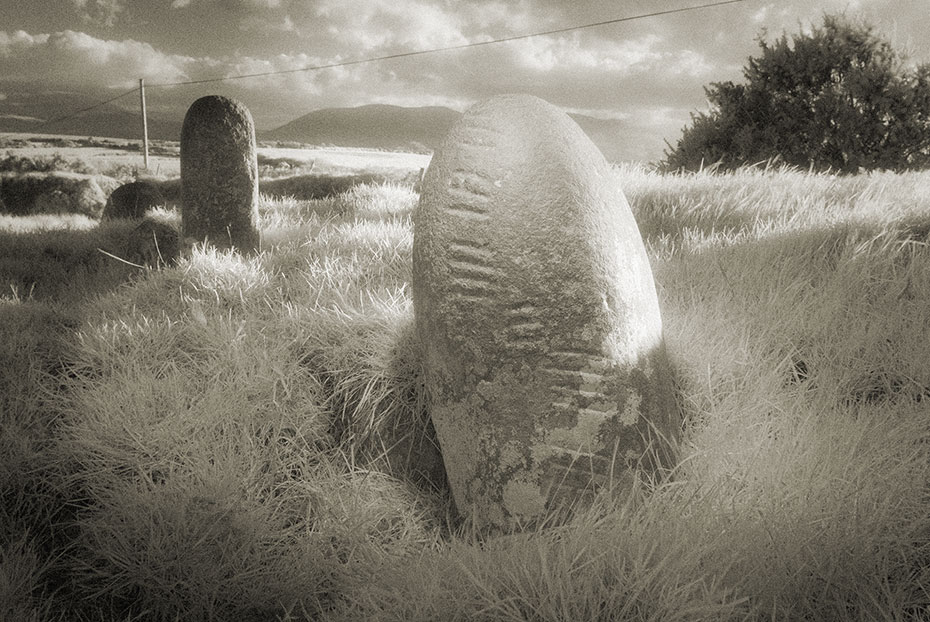
Legend has it that there was a battle at a place known as Pairc na Fola (Park of Blood). There at a low cairn called Cnoc na Fola (Hill of Blood) the slain were buried. At the edge of the cairn is a three stone row containing two ogham stones.
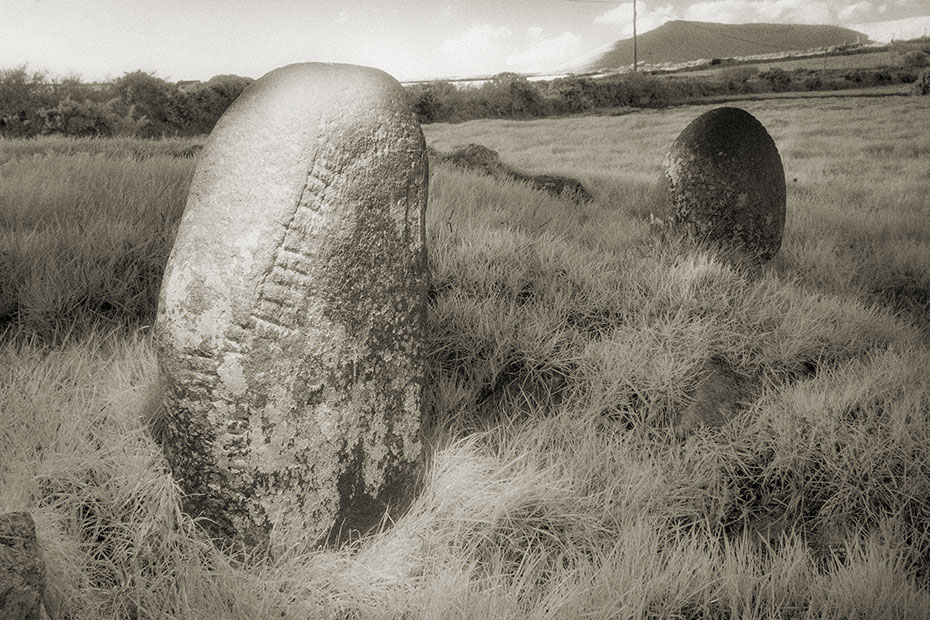
Lugnagappul Ogham Stones, Cnoc na Fola (Hill of Blood), Co Kerry, Ireland
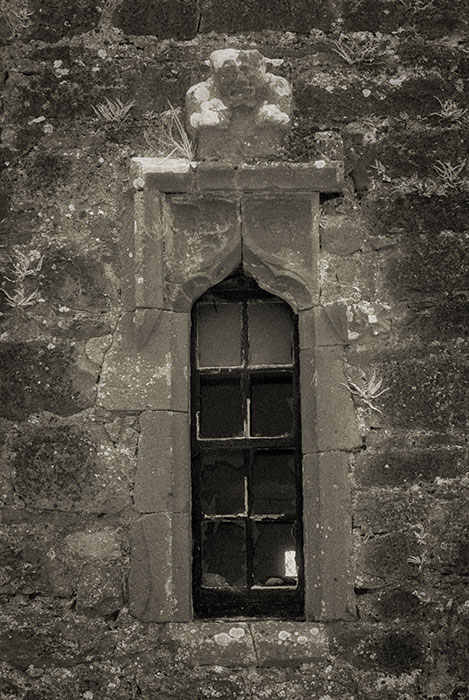
Shela na gig above the window at St Munna’s Church ruin
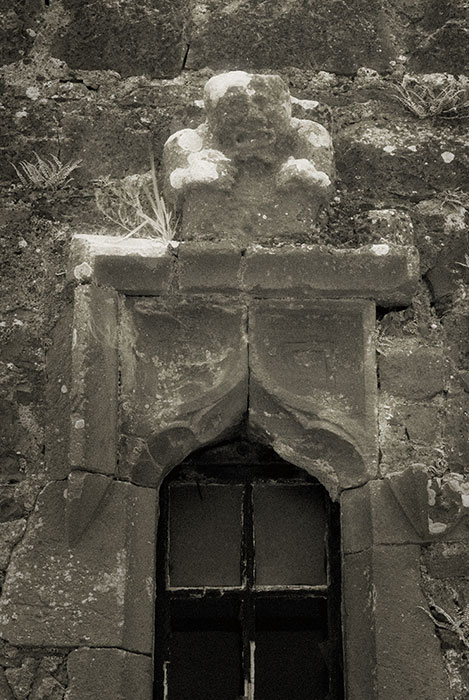
Shela na gig detail
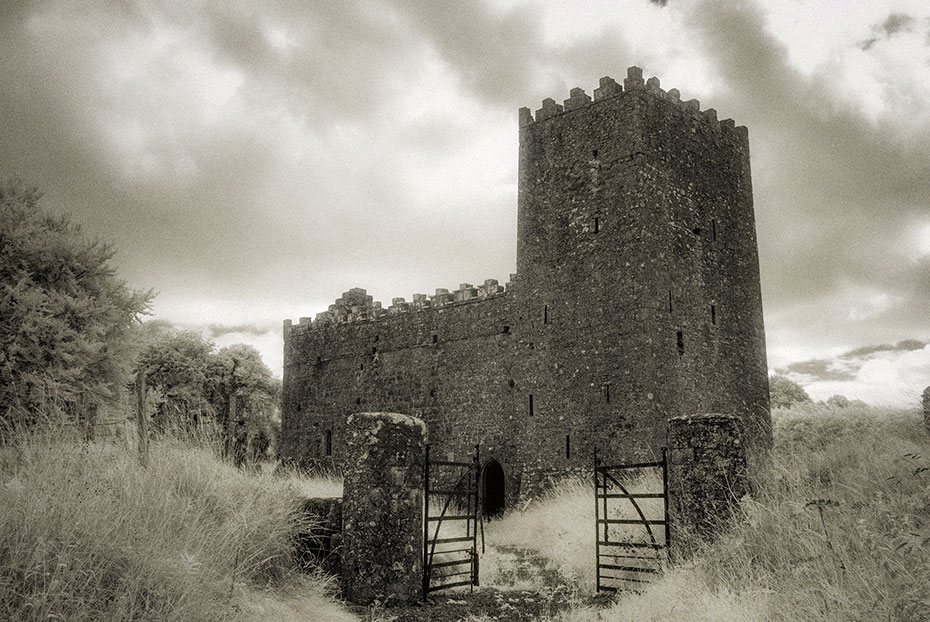
St Munna’s Church, Taghmon, Co Westmeath, Ireland
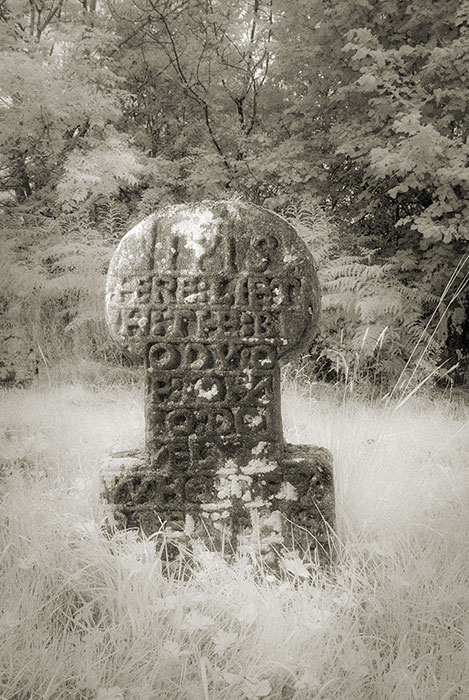
The Fiddle Stone, Ballinascreen Old Church
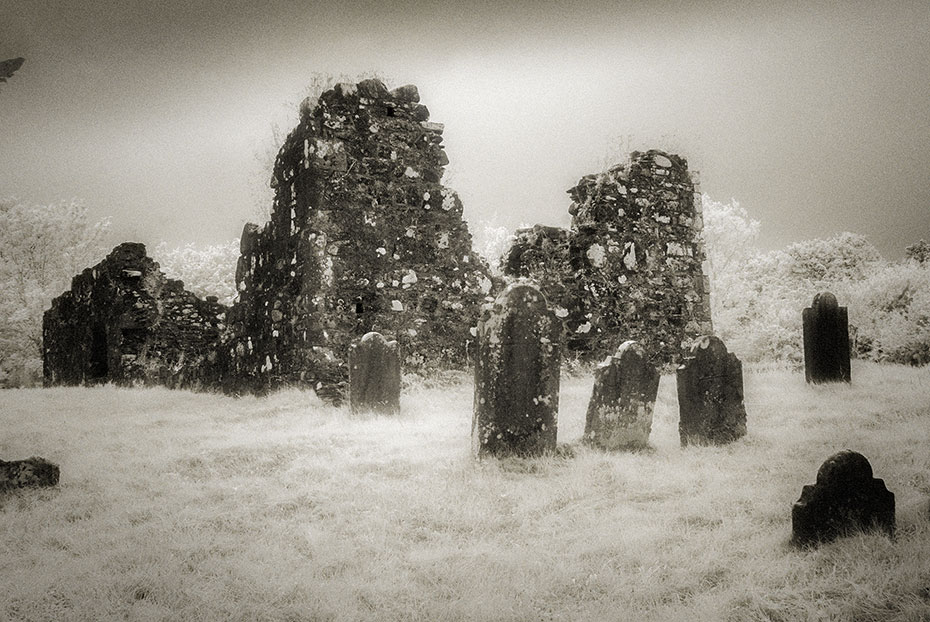
The old church and graveyard at Ballinascreen (Baile na Scrine), Moneyconey, Co Derry, Northern Ireland
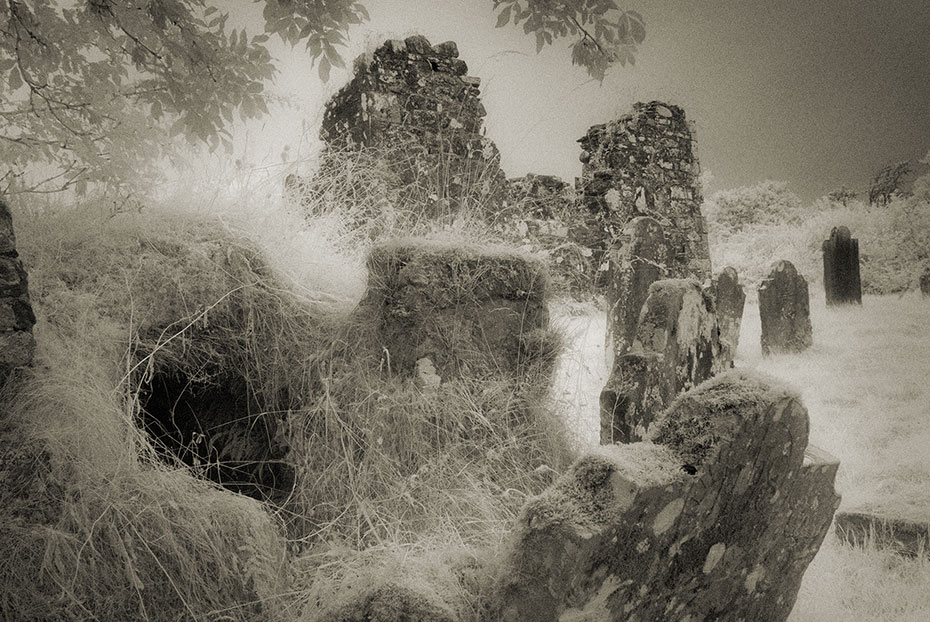
Open vault in the graveyard at Ballinascreen
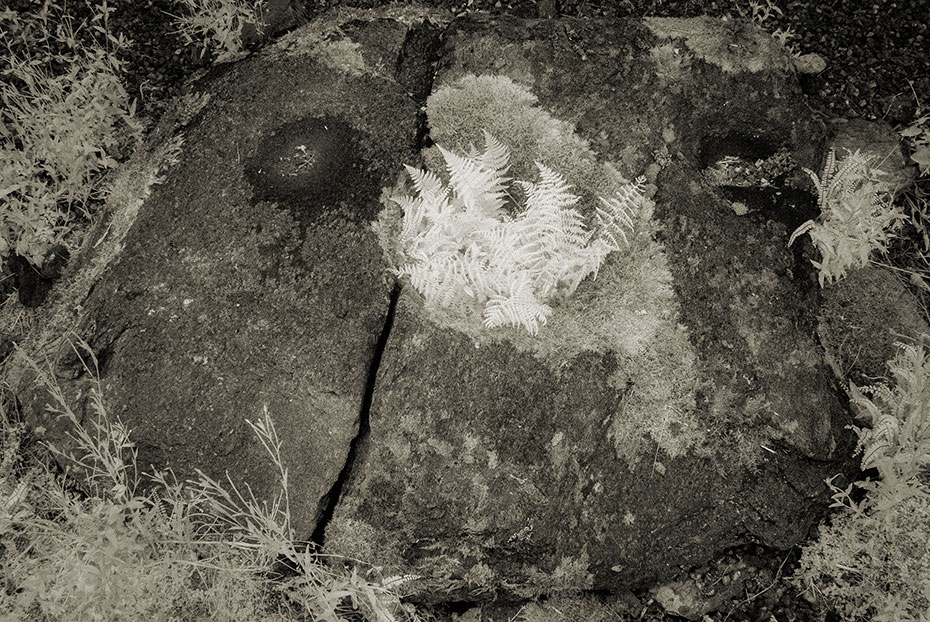
The broken holed stone in the church with a fern growing through it
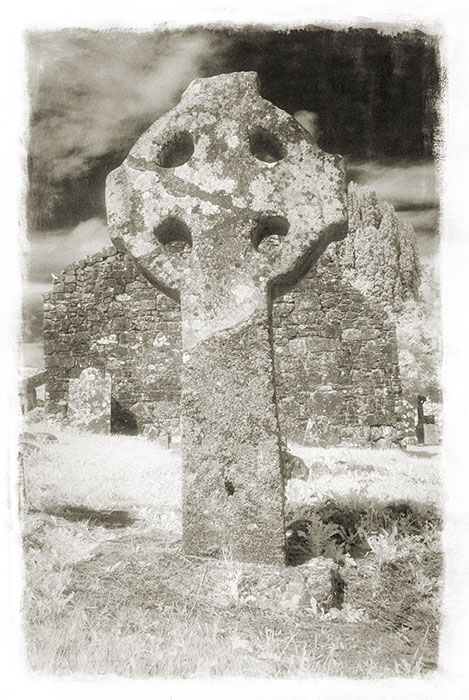
High Cross at Fore
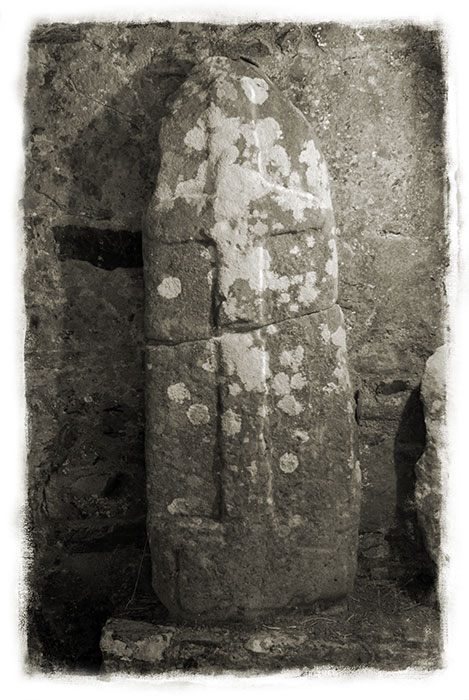
Cross Slab, St Finchin’s Church
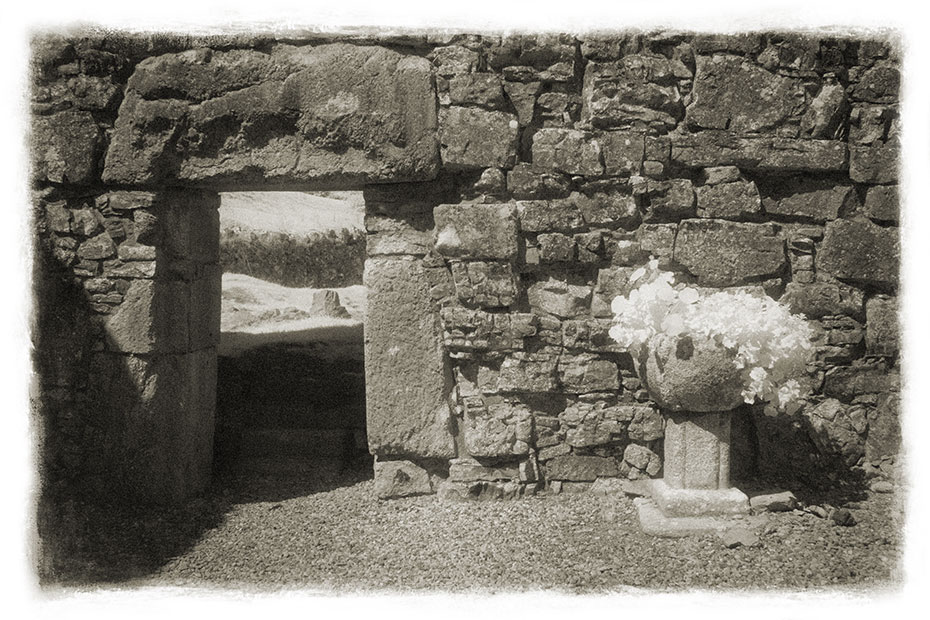
Lintelled doorway and font at St Finchin’s Church, Fore monastic site
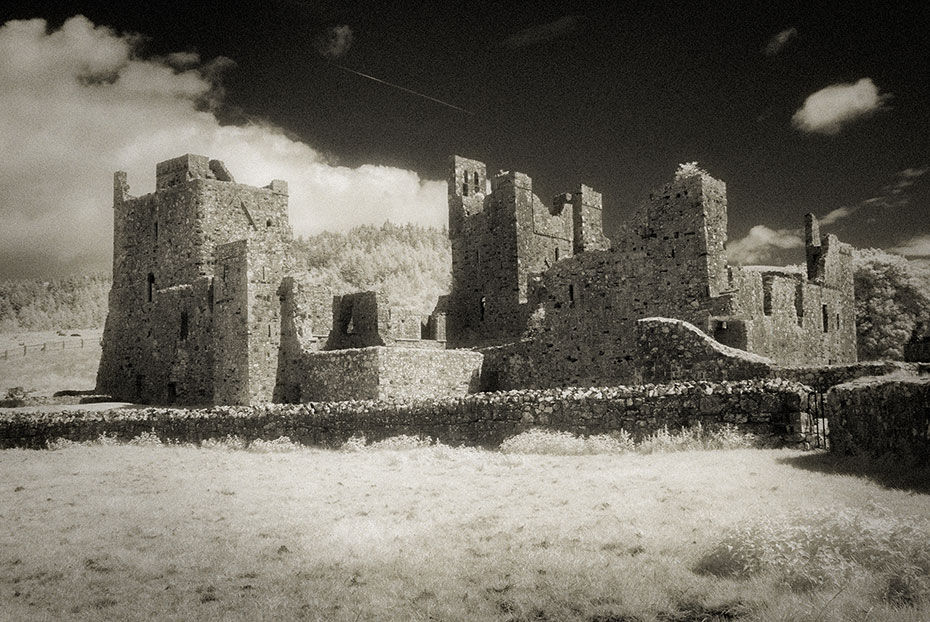
Benadictine Priory ruin
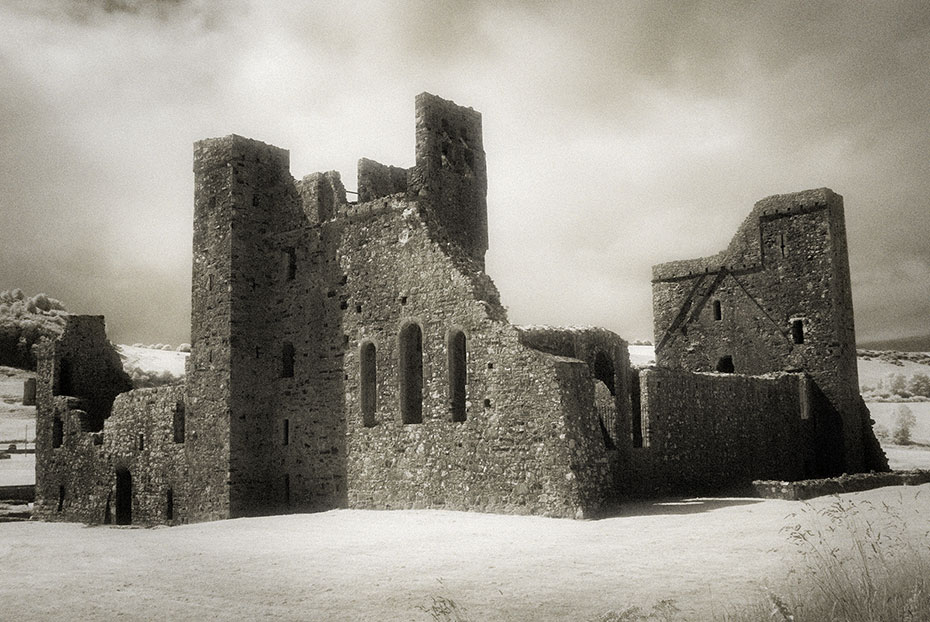
Fore monastic settlement, Co Westmeath, Ireland
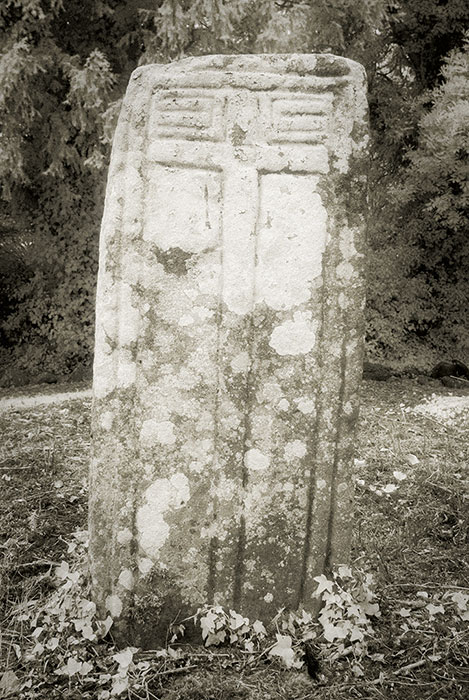
Castletown Cross Slab, Co Meath, Ireland
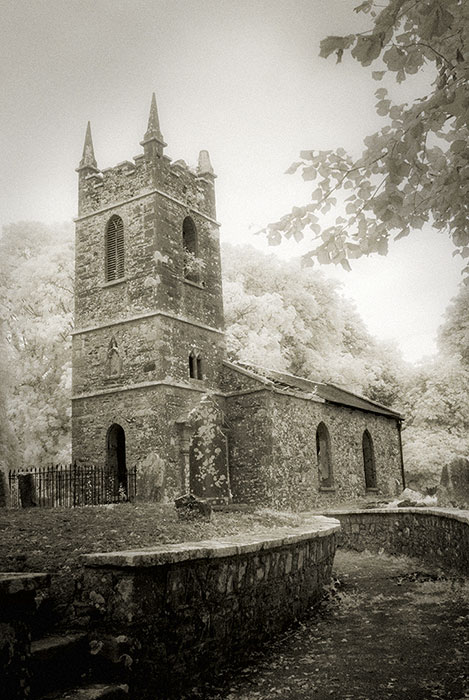
Castletown Old Church
Castlekeeran – Three High Crosses, Ogham Stone and Cross Slab
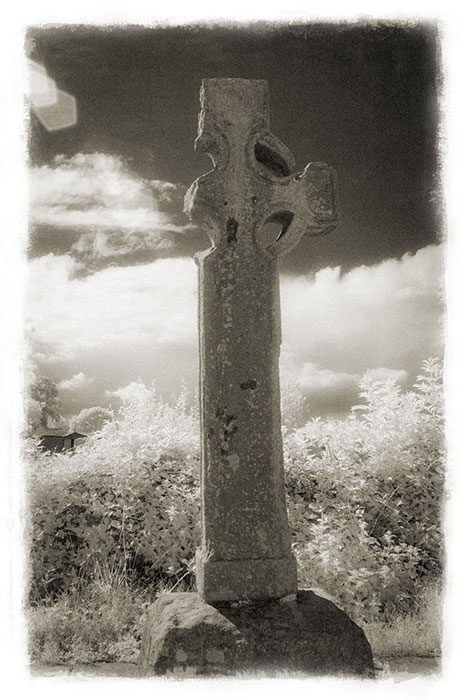
The West Cross
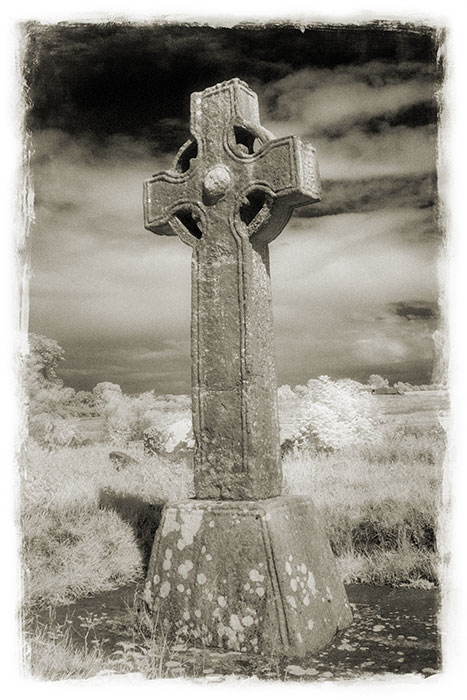
The South Cross
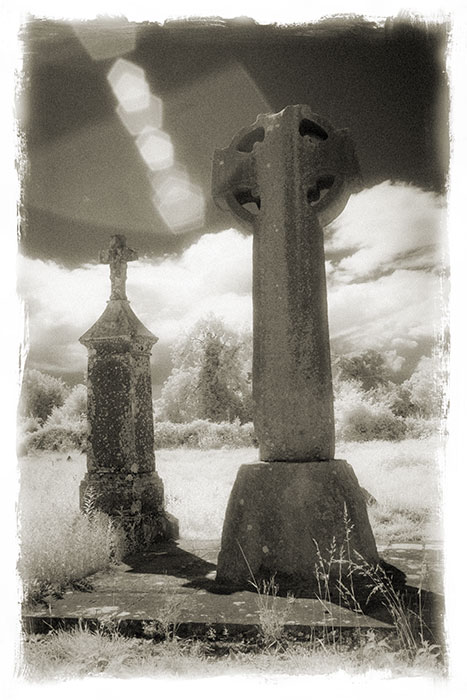
The North Cross
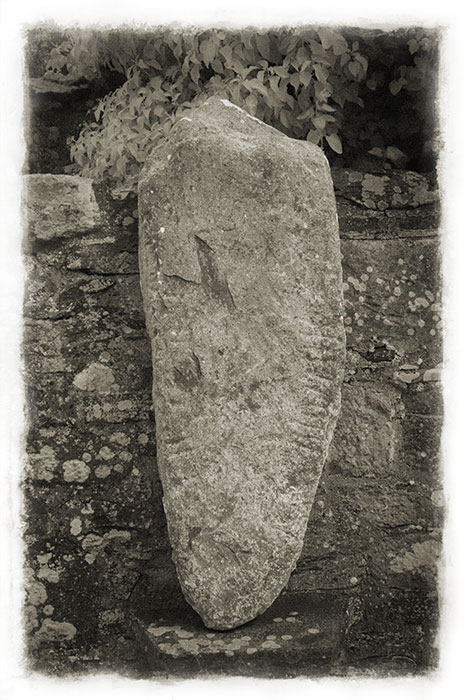
The Ogham Stone
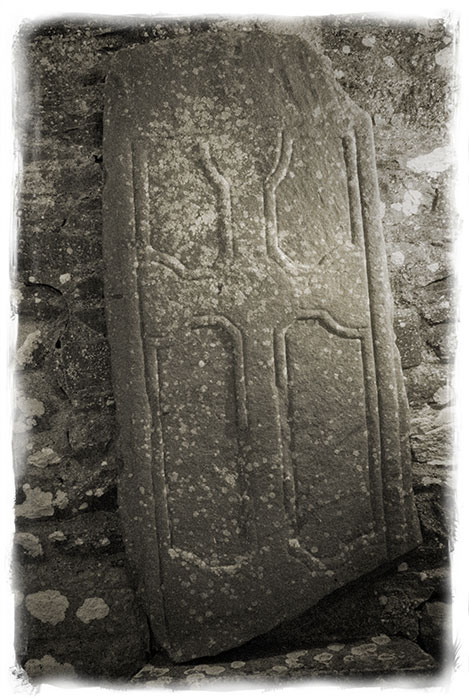
The Cross Slab
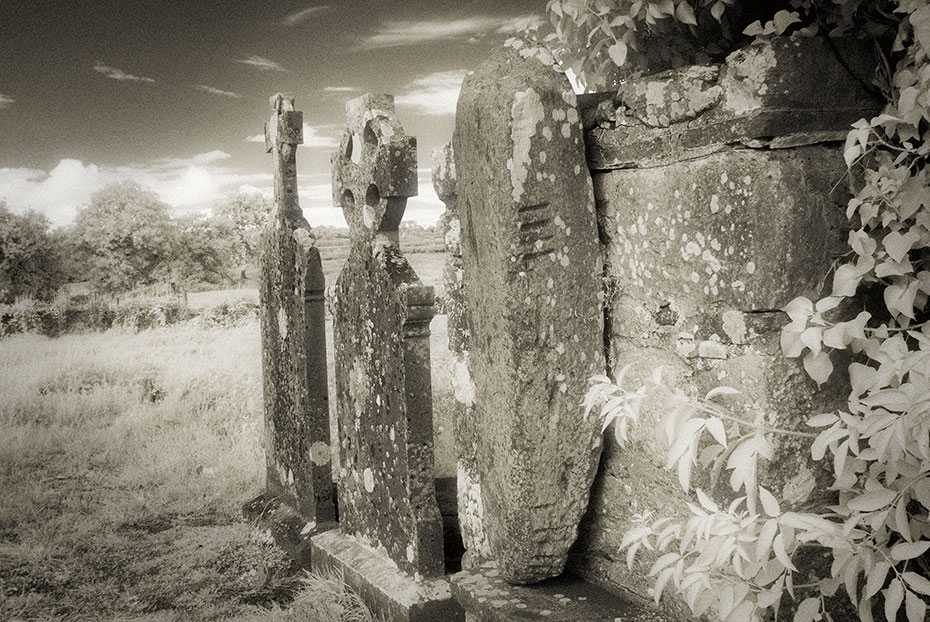
The Ogham Stone inscription reads COVAGNI MAQI MUCOLI LUGINI, translated as “Cuana son of the people of Luigni” (Wikipedia)
Balrath Cross, Co Meath, Ireland
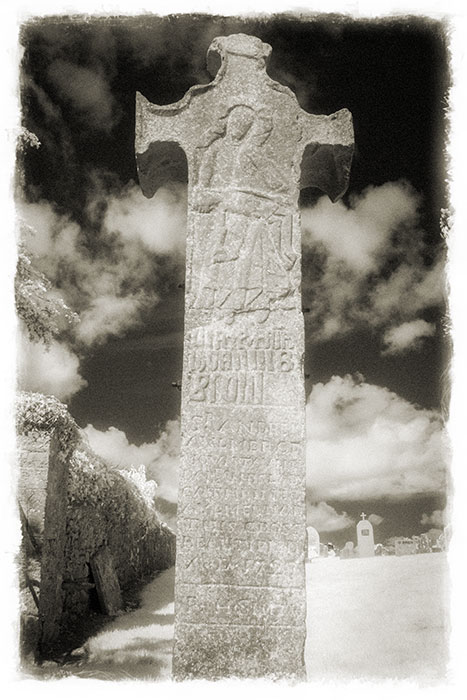
The Pietà and inscription asking for a prayer for the soul of John Broin
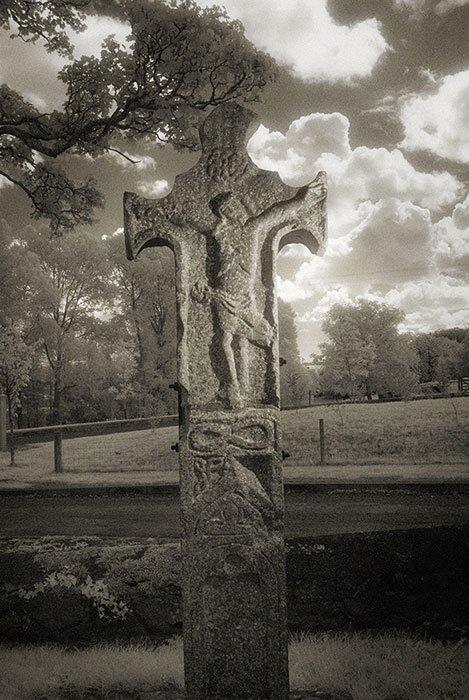
The west face has a crucifixion
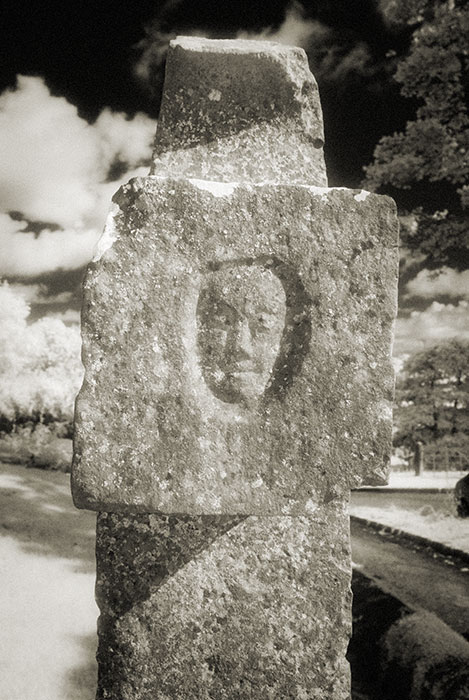
One of the carved arms on the 16th century cross
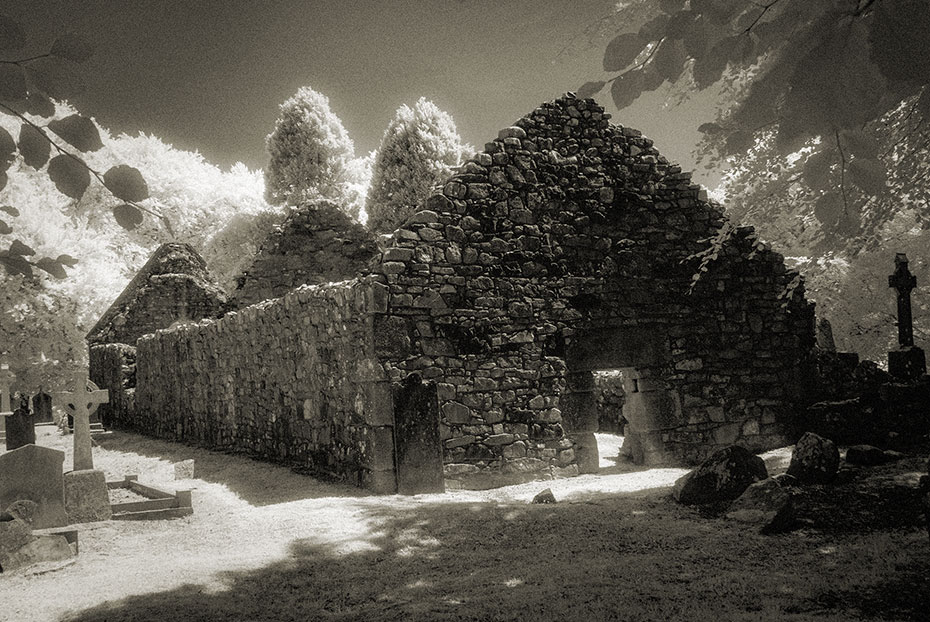
Killeavy churches, Co Armagh, Northern Ireland
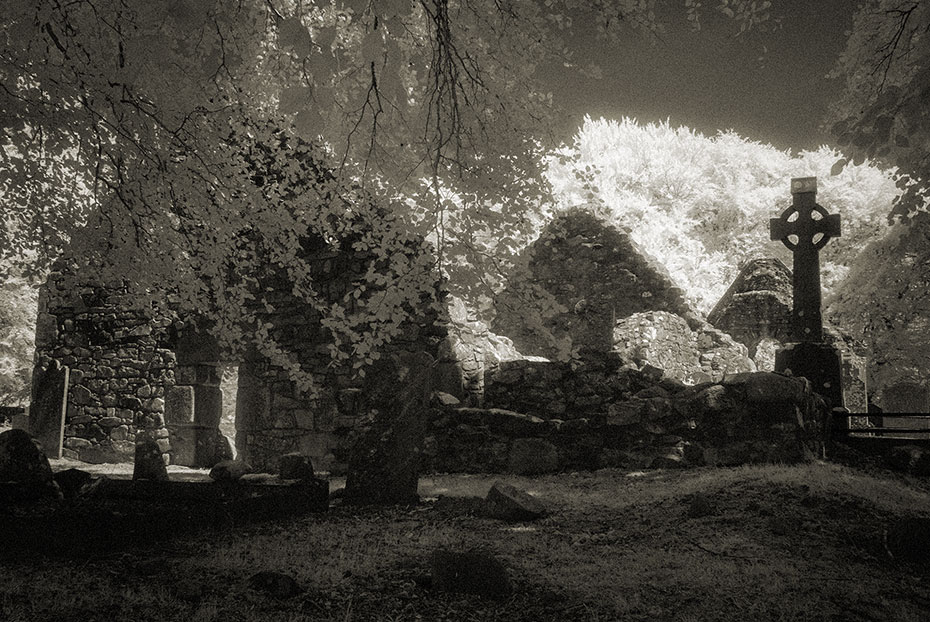
11th Century (West Church) and 15th Century (East Church with arched window
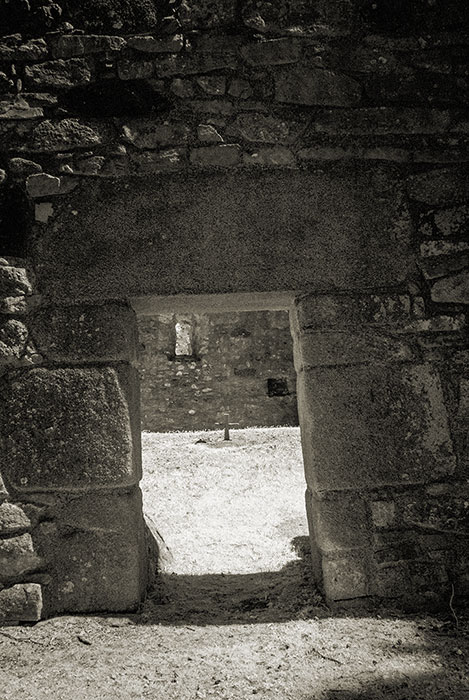
11th Century lintel doorway with huge granite slabs
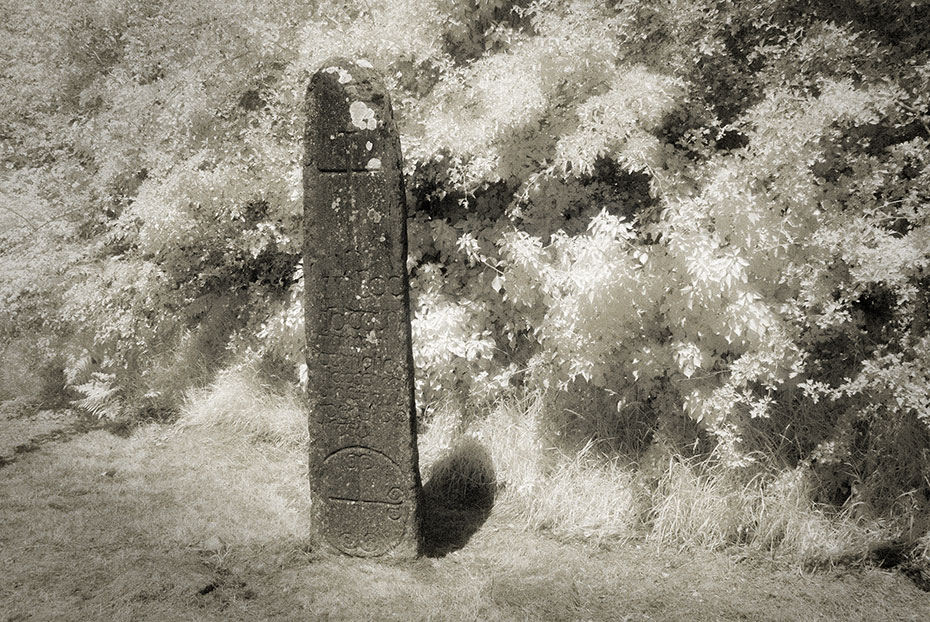
Kilnasaggart pillar stone, Co Armagh, Northern Ireland
 Click here for more information on an earlier post
Click here for more information on an earlier post
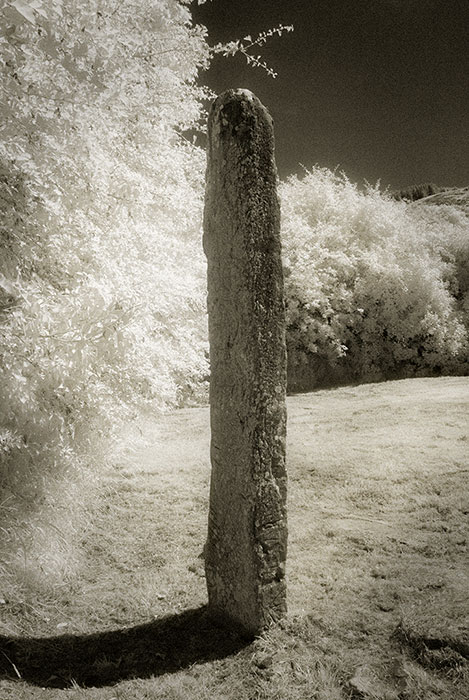
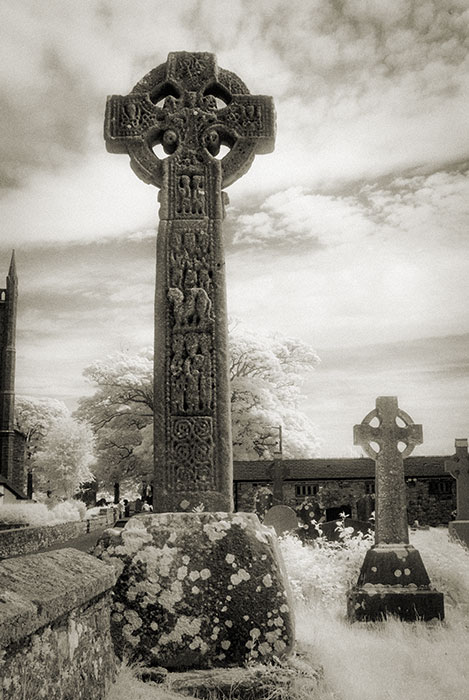
Drumcliff High Cross, Co Sligo, Ireland
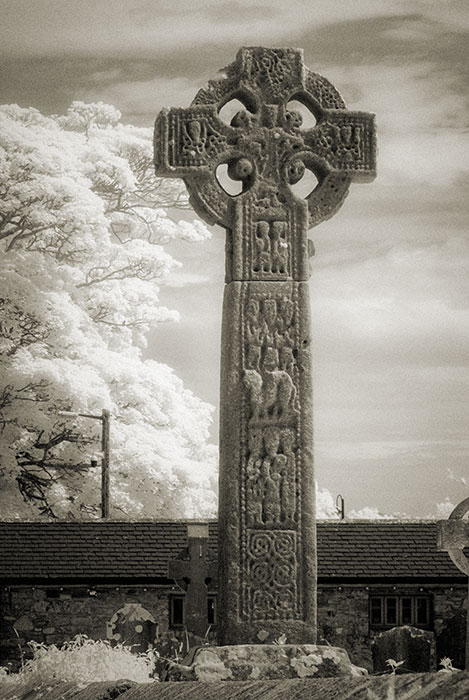
West face of the 9th-10th-century high cross at Drumcliff
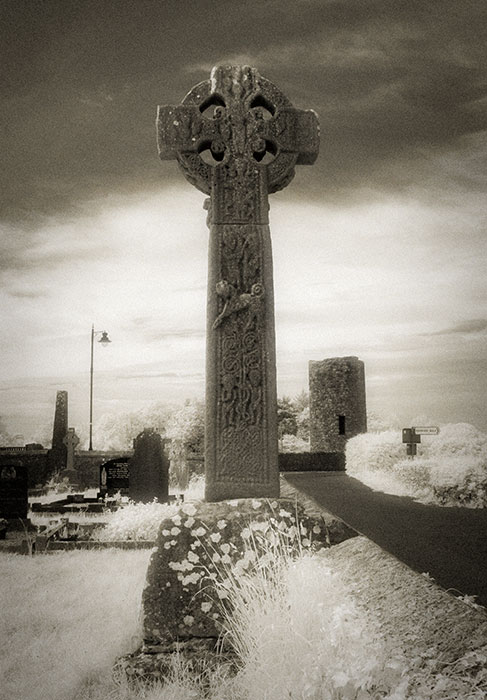
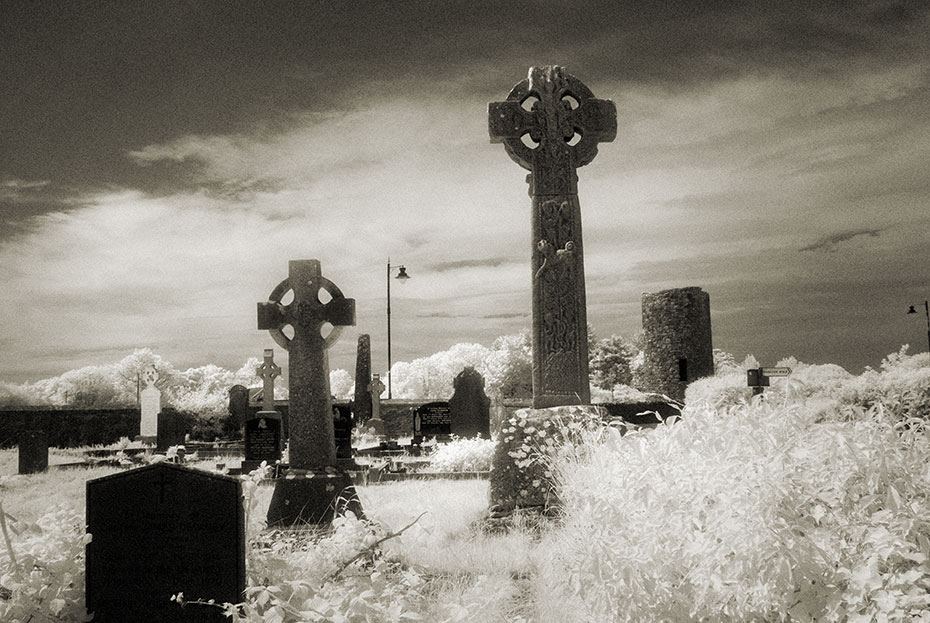
Drumcliff High Cross with the shaft of another high cross and ruin of the round tower in the background
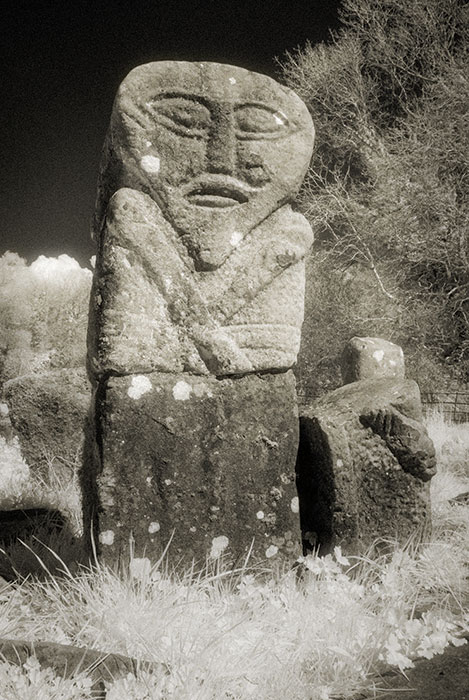
West face of the Janus statue in Caldragh graveyard
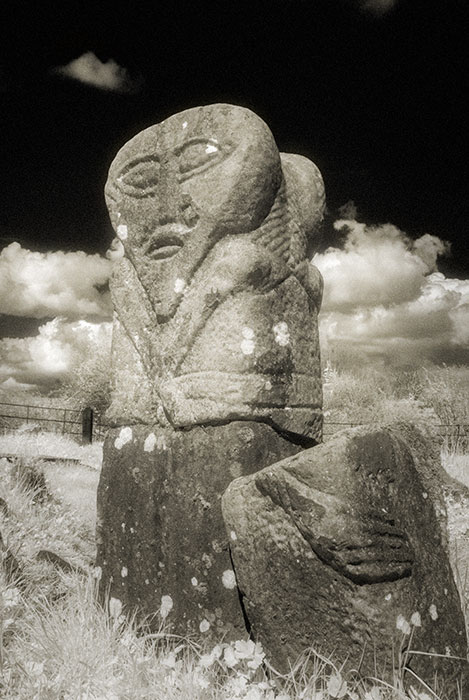
Caldragh graveyard, Boa Island, Co Fermanagh, Northen Ireland
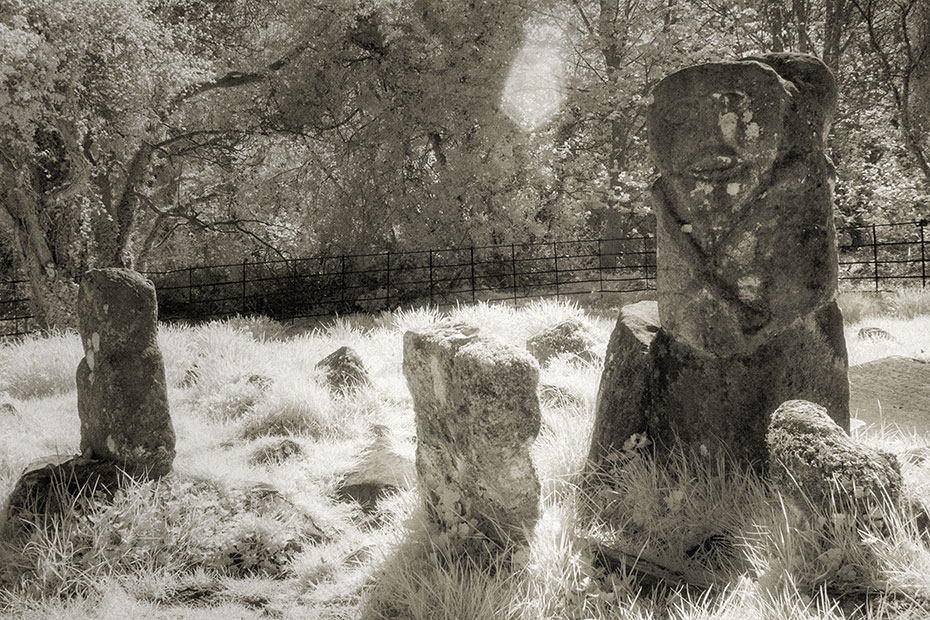
East face of the Janus statue on Boa Island
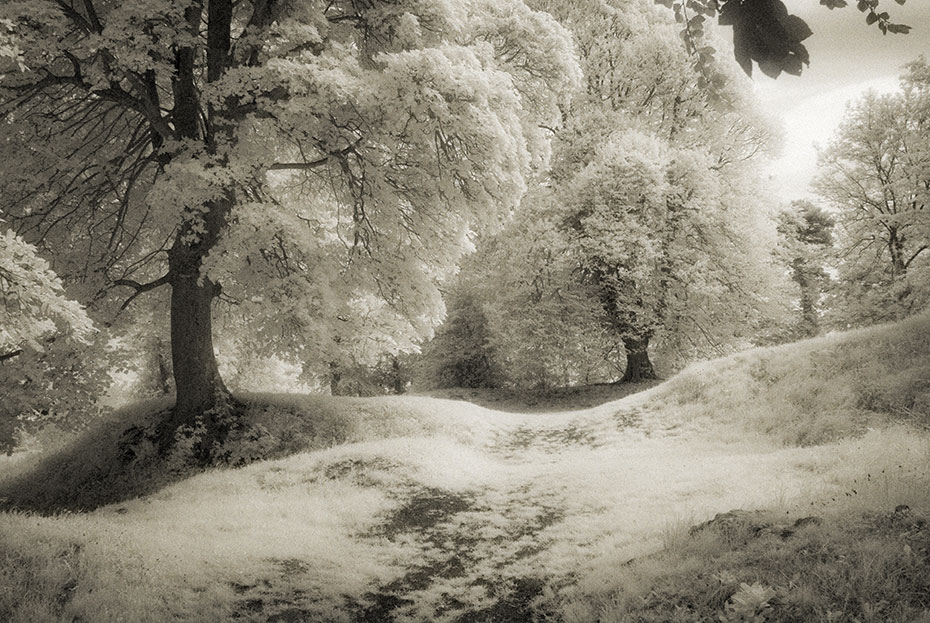
Tullyhogue Fort, Co Tyrone, Northern Ireland
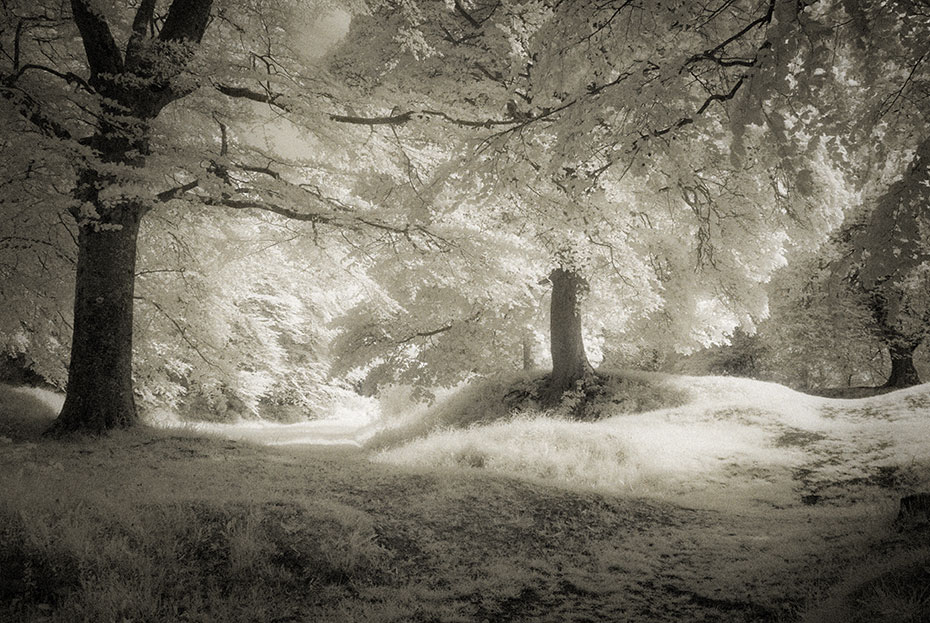
Tullyhogue Fort is the ancient ceremonial site where chieftains of the O’Neill dynasty of Tyrone were inaugurated as Kings on Leac na Rí (the Stone of Kings)
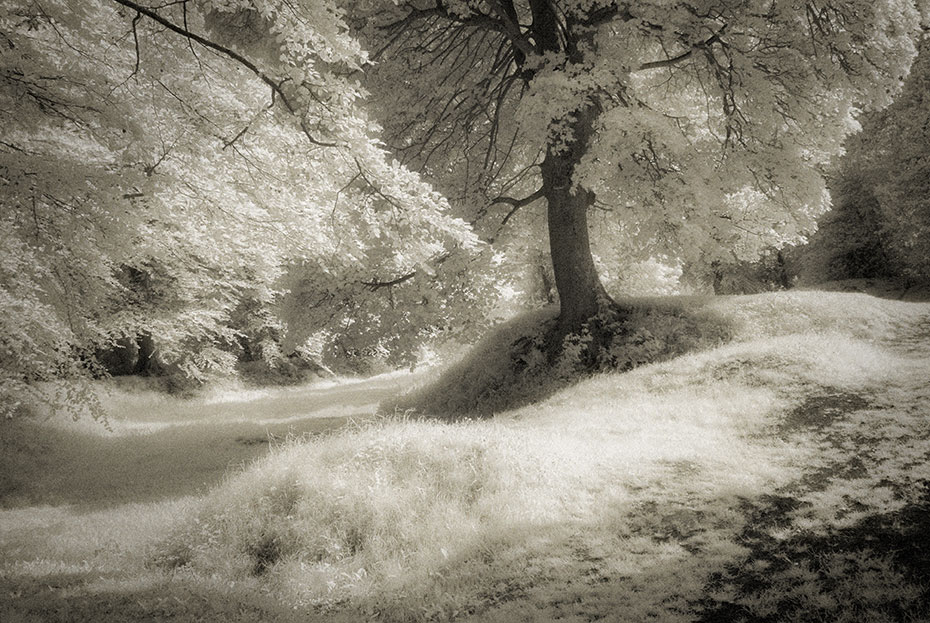
The structure was not for defence but for ceremonial purposes
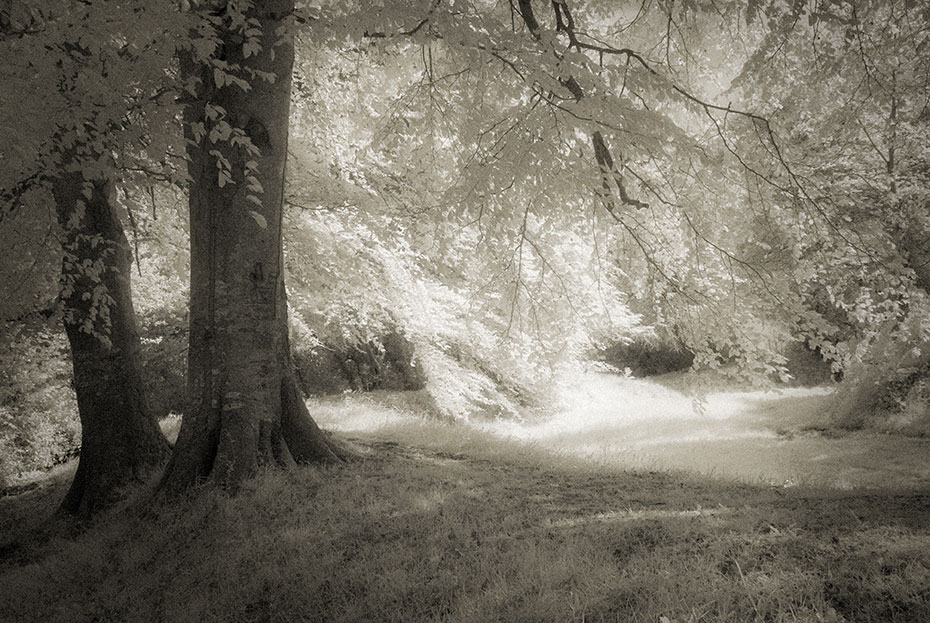
A double bank surrounds the central enclosure
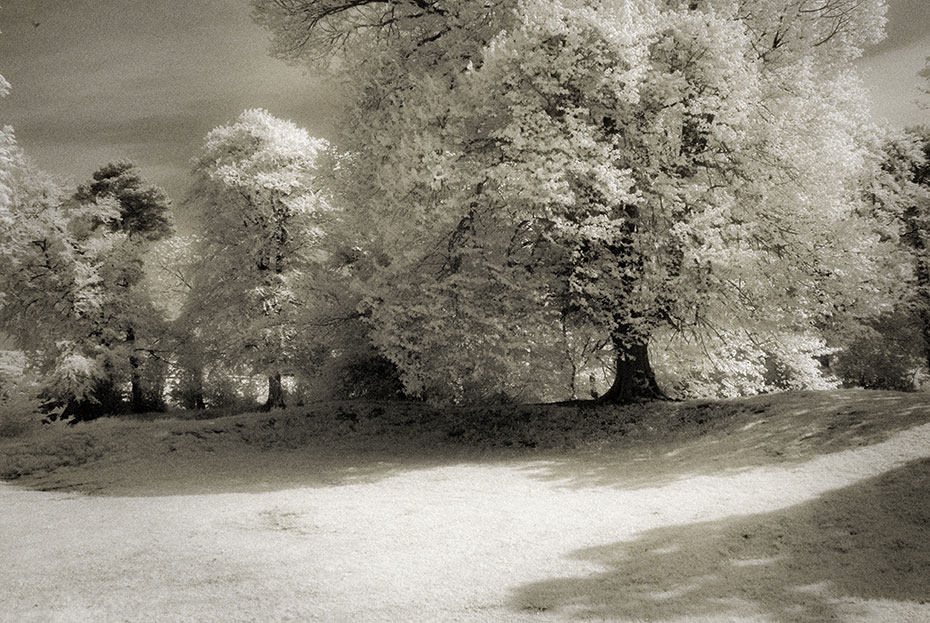
Leac na Rí – the Stone of Kings stood in this circular enclosure before it was destroyed by English forces in the early 1600s
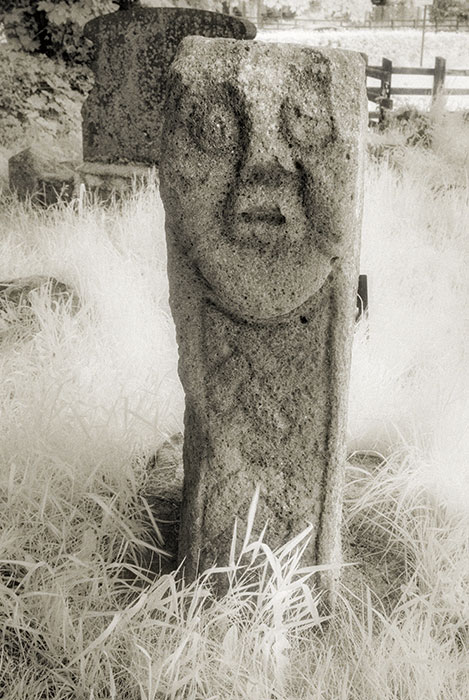
Killadeas – The Bishop’s Stone
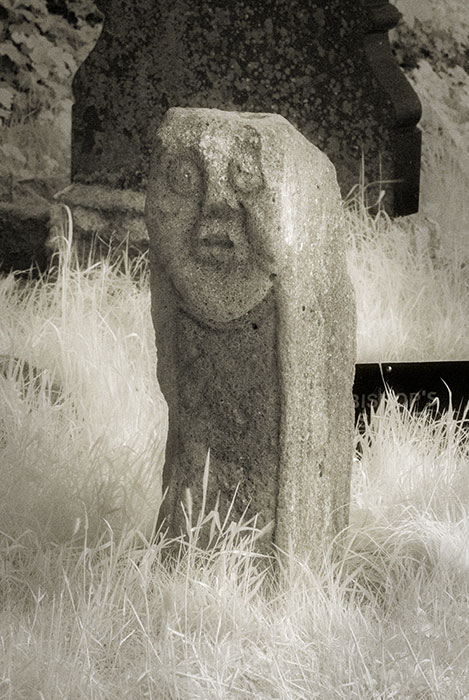
Killadeas, Co Fermanagh, Northern Ireland
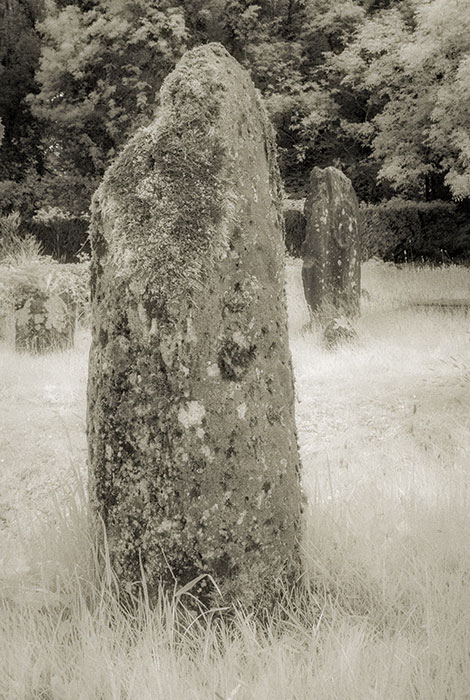
Killadeas – Standing Stone
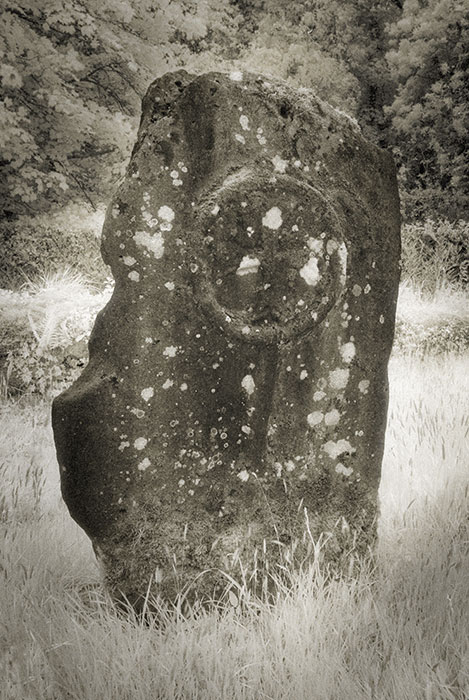
Killadeas – Cross anb Cupmarked Slab
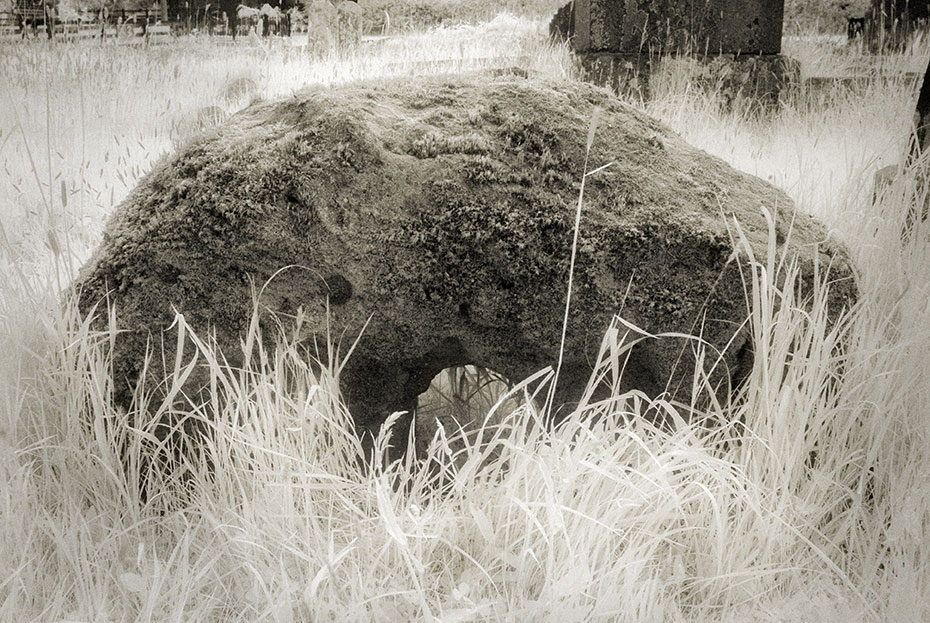
Killadeas – Holed Stone
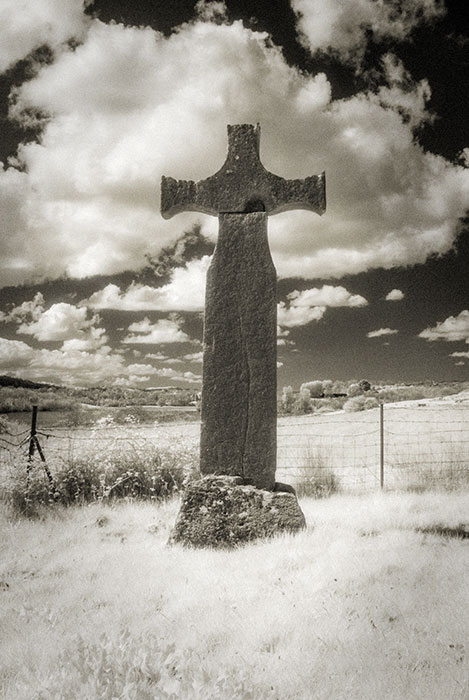
Inishmacsaint High Cross – unknown date, possibly 12th century
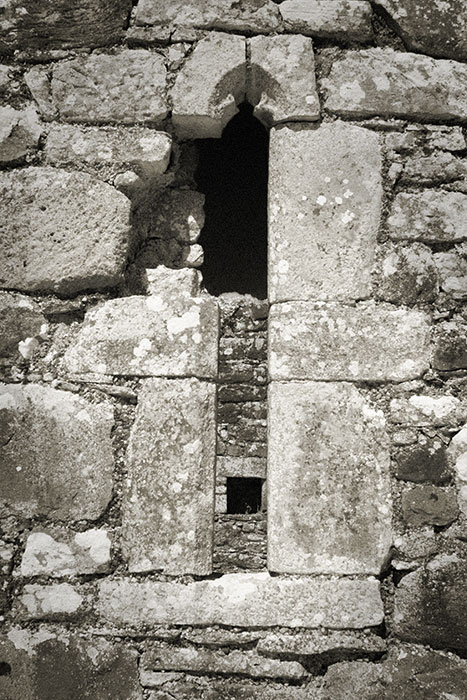
Small window in the ruined church beside the cross
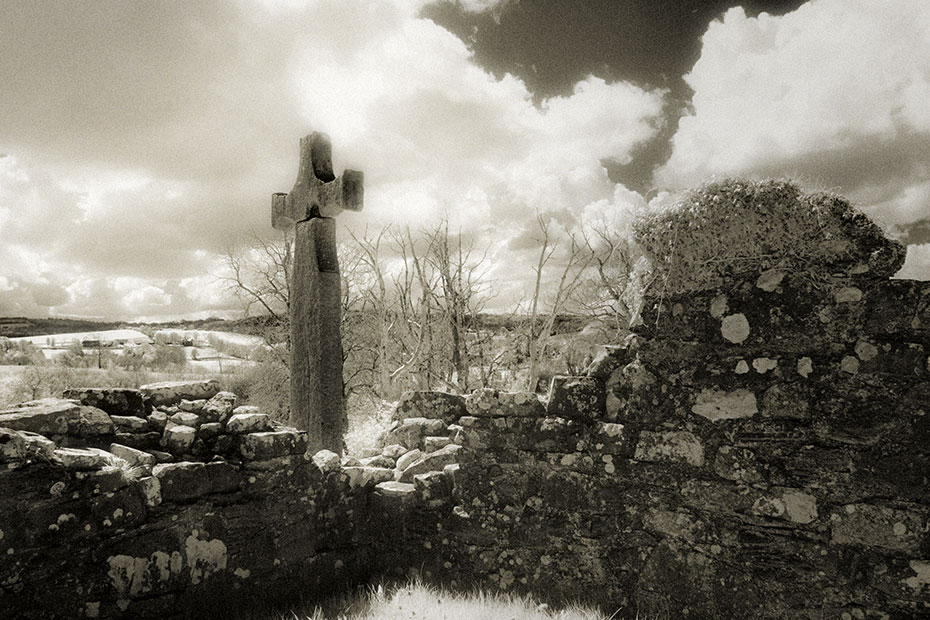
A monastery was founded by St Ninnid in the 6th century here
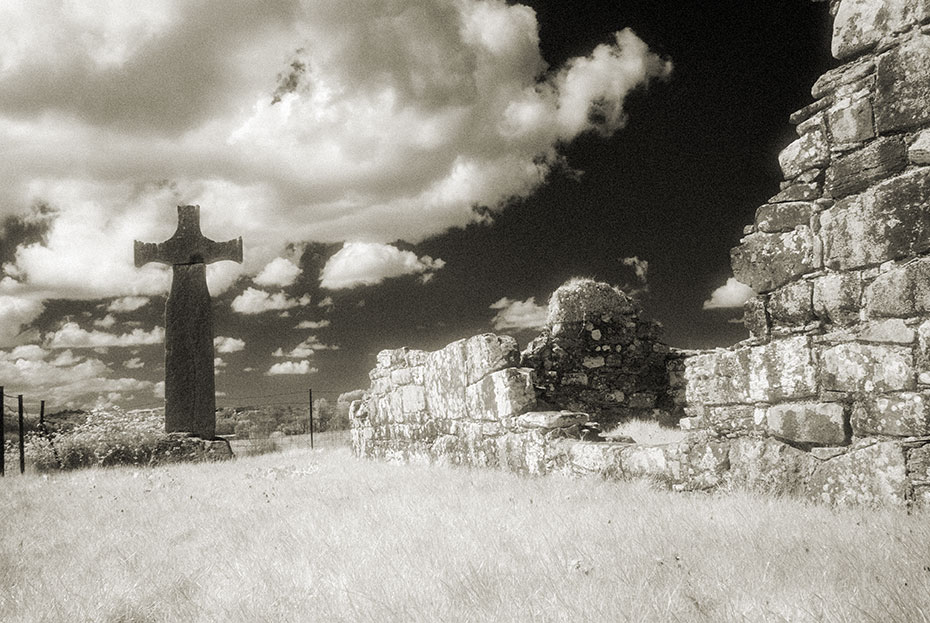
Inishmacsaint Island, Lower Lough Erne, Co Fermanagh, Northern Ireland
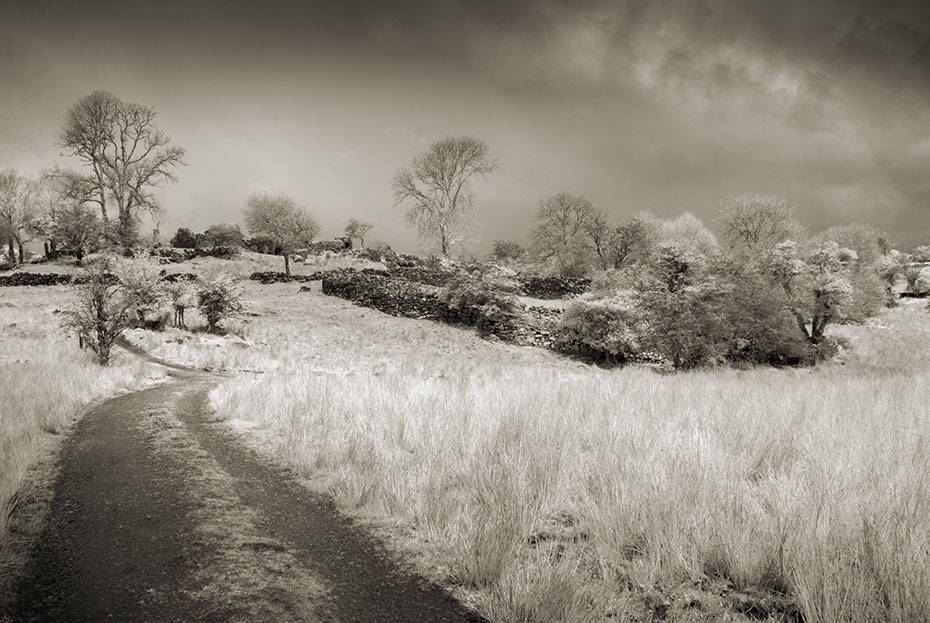
The track leading to Moneygashel stone fort
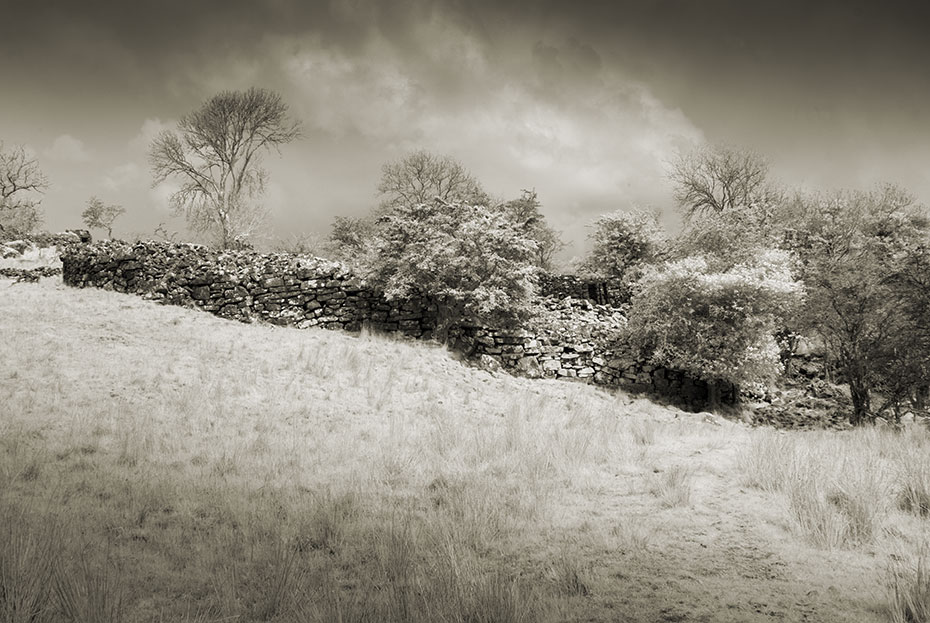
Moneygashel Cashel, Co Cavan, Ireland
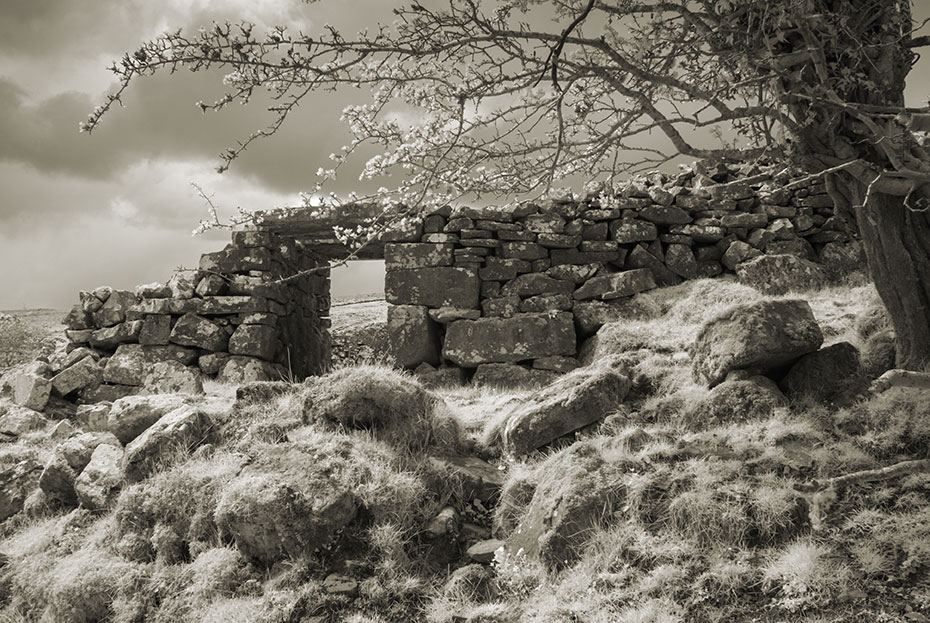
The entrance to the cashel
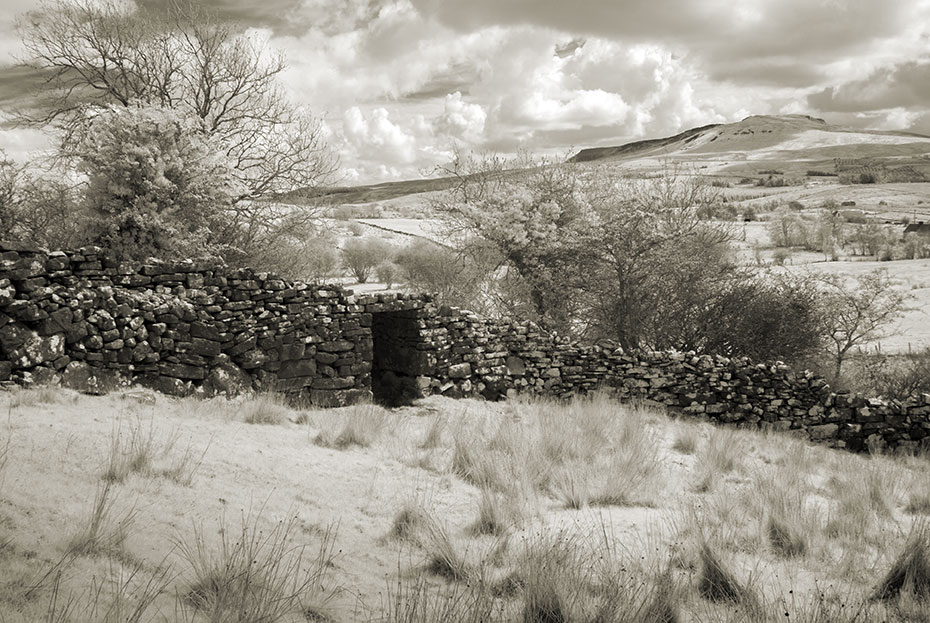
Inside the cashel with a view to the south
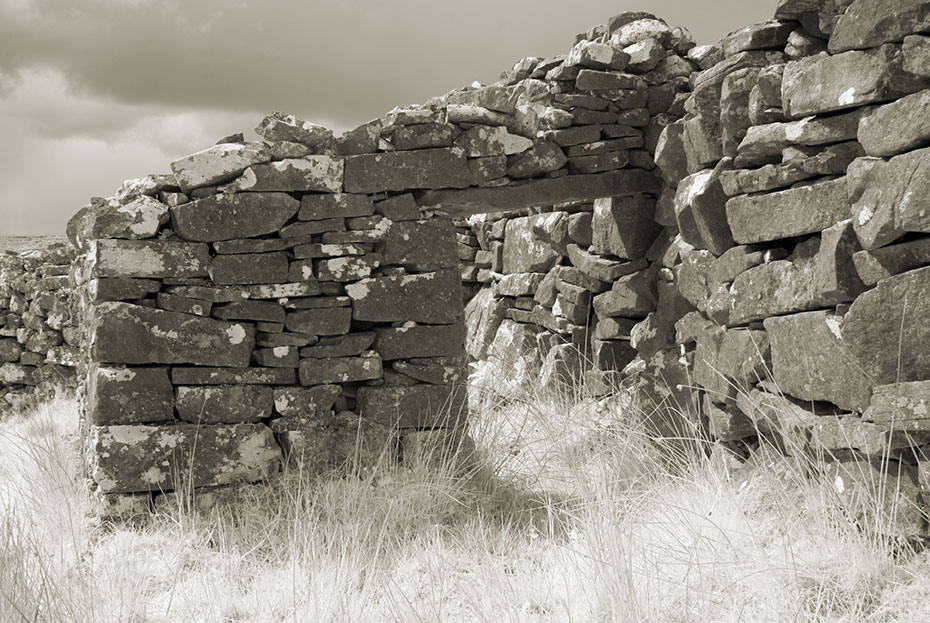
The building attached to the wall of Moneygashel Stone Fort
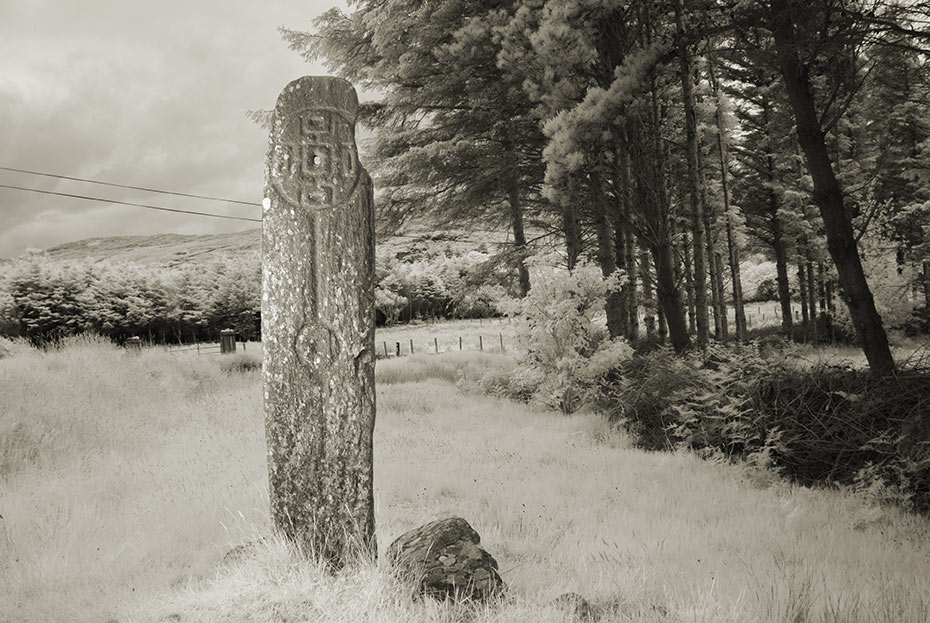
Glencolmcille Turas Station 9, Co Donegal, Ireland. The decorated northern face of the holed cross pillar
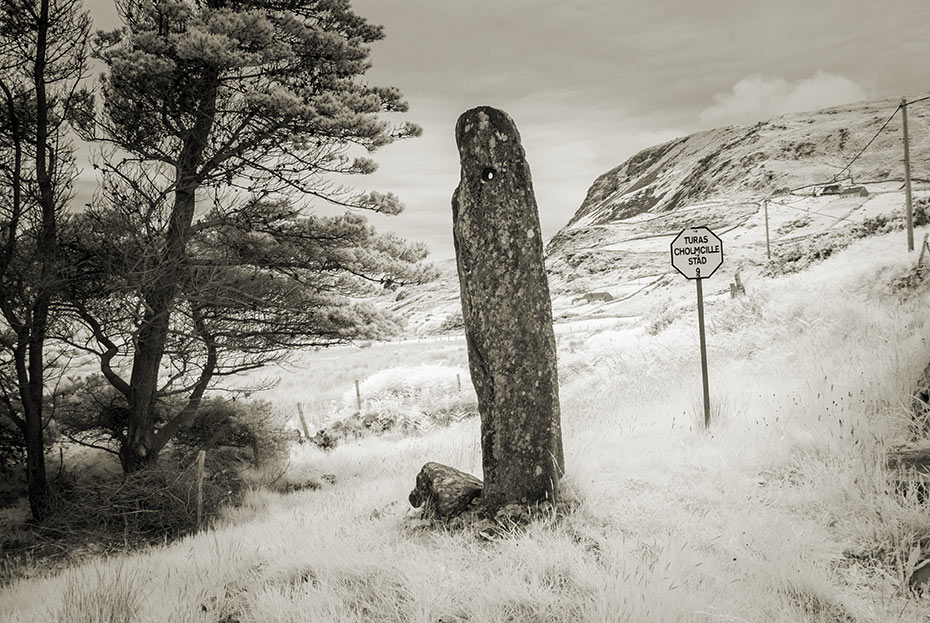
The stone is also known as Cloch an Aonaigh or the Stone of the Gathering
Glencolmcille Turas Station 2, Co Donegal, Ireland
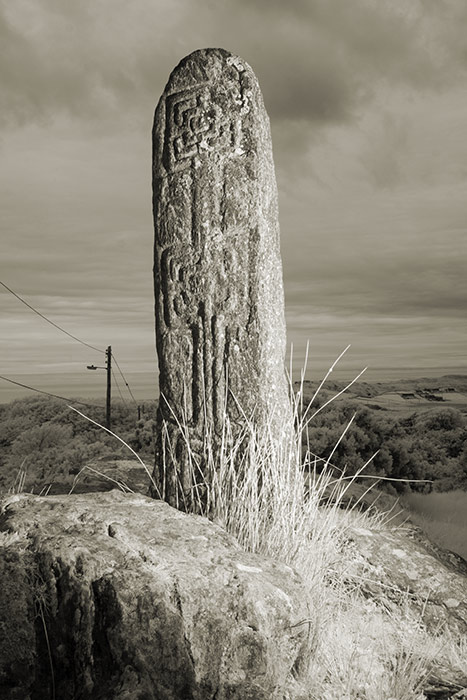
The pillar is inscribed on both sides – this is the east face
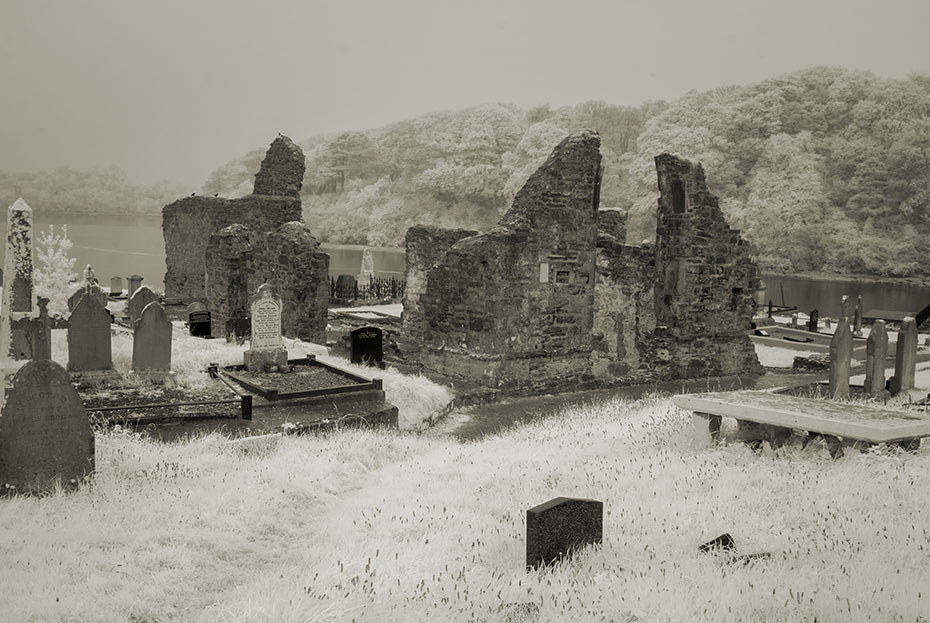
The ruins of Donegal Franciscan Abbey on the River Eske, Co Donegal, Ireland
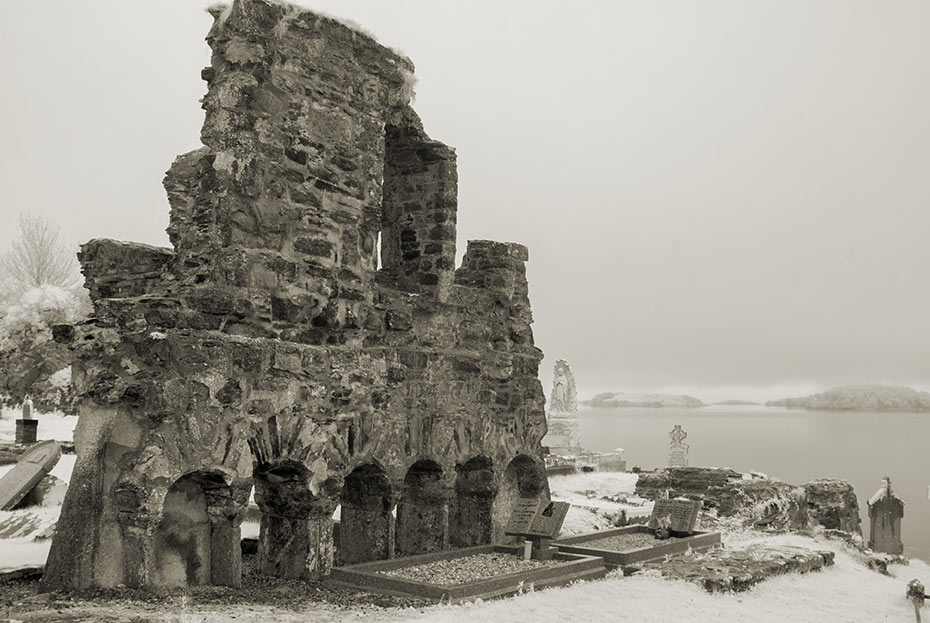
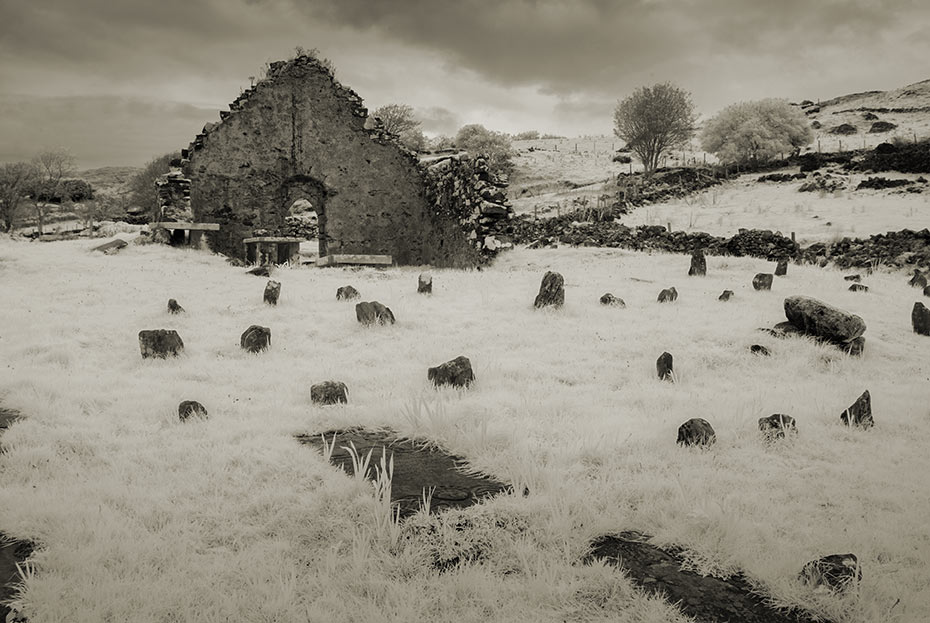
Kilcar old church and graveyard, Co Donegal, Ireland
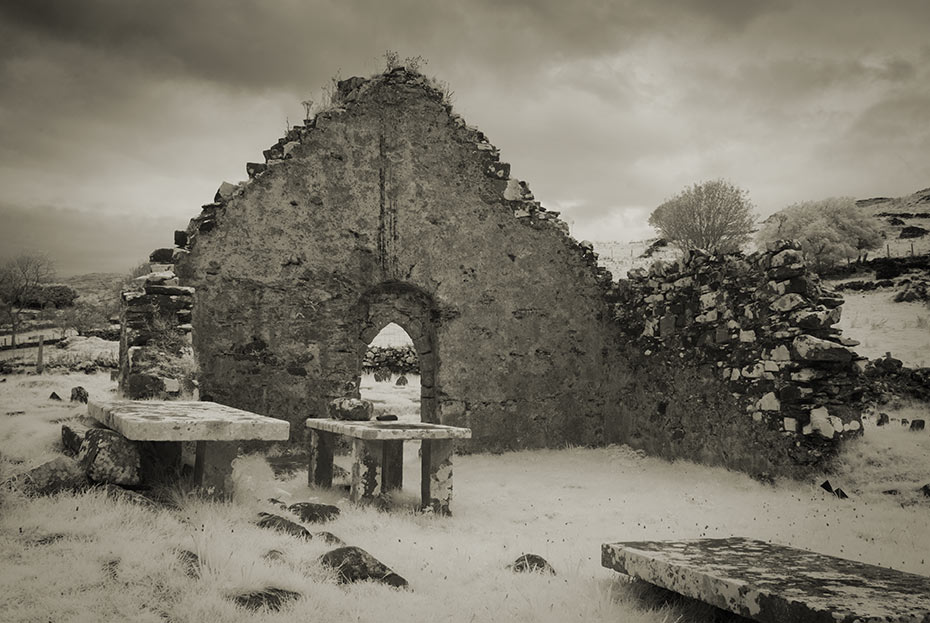
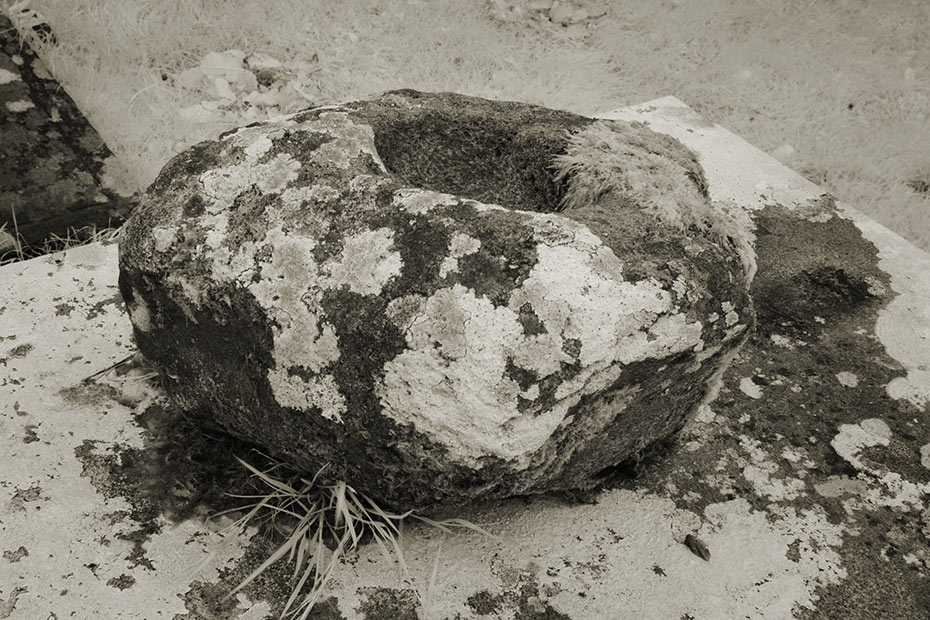
The bullaun stone that sits in the ruin of Kilcar old church
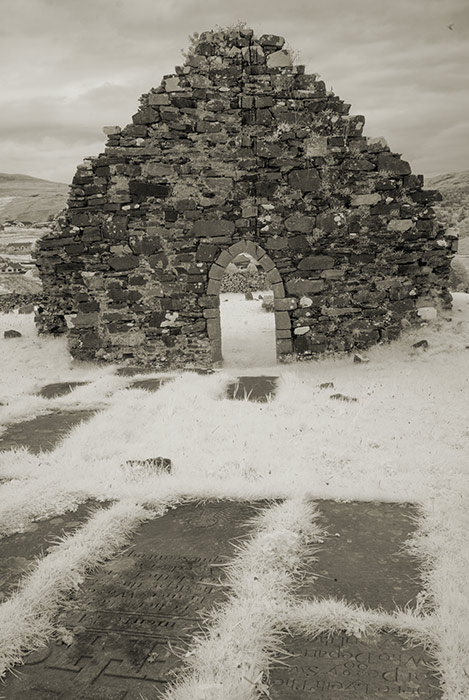
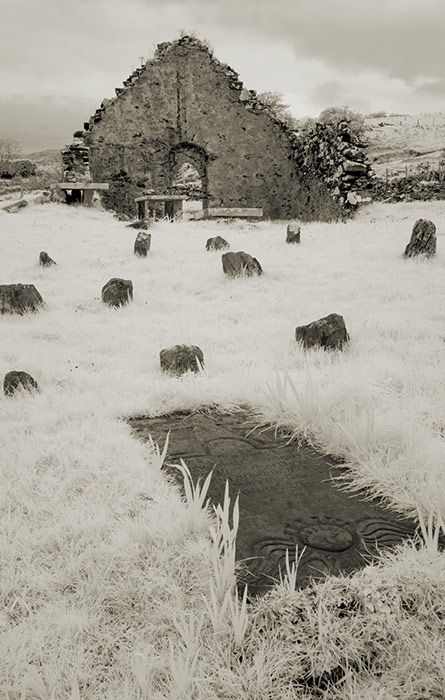
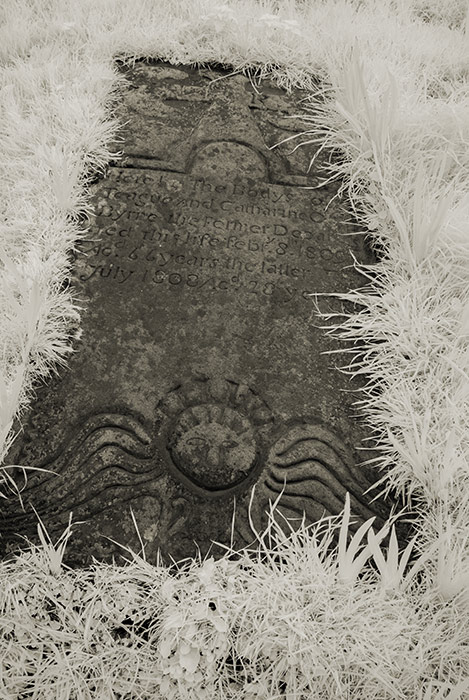
Two of the numerous grave slabs that lie in the graveyard
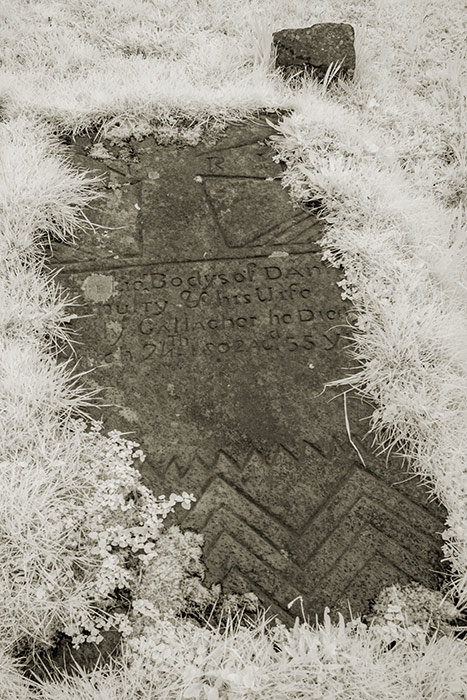
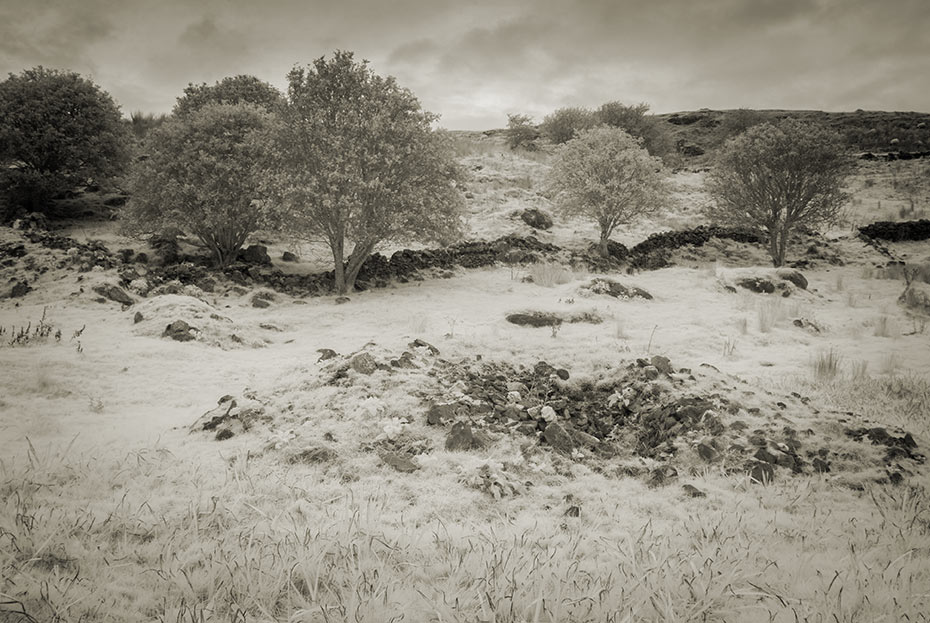
The Cairn and Holy Well in a field next to Kilcar old church
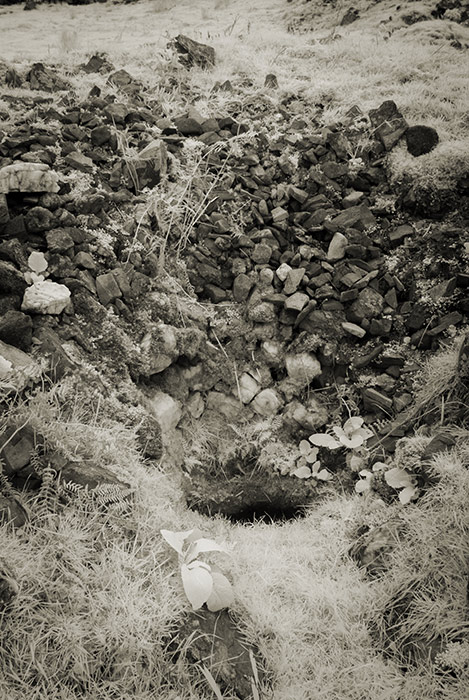
The holy well flows into a bullaun stone or rock-basin
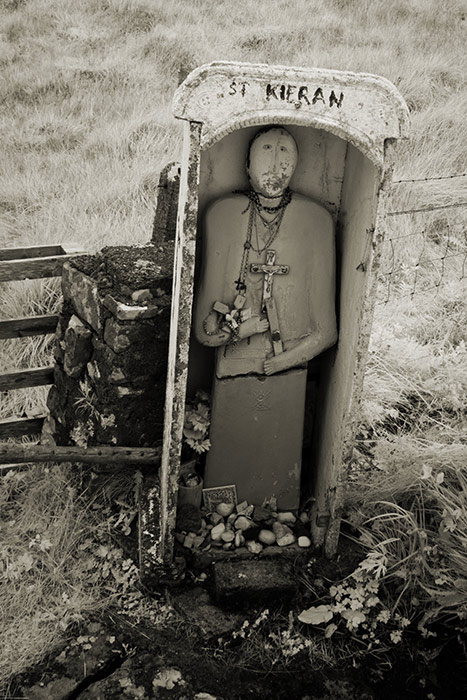
St Kieran’s Holy Well, Kilcar, Co Donegal, Ireland
